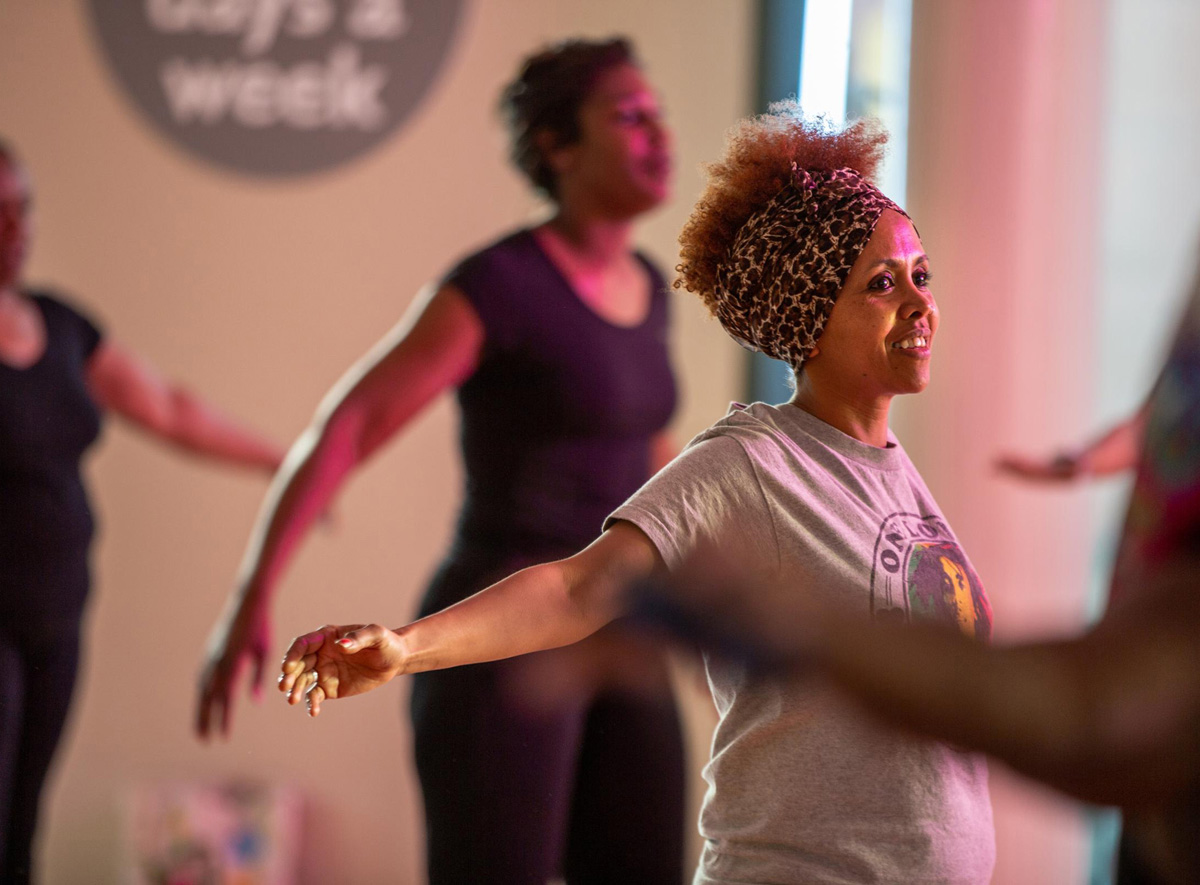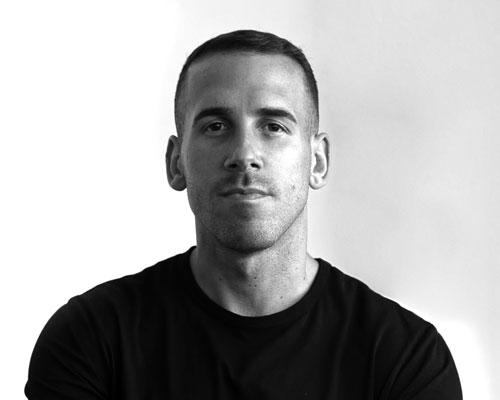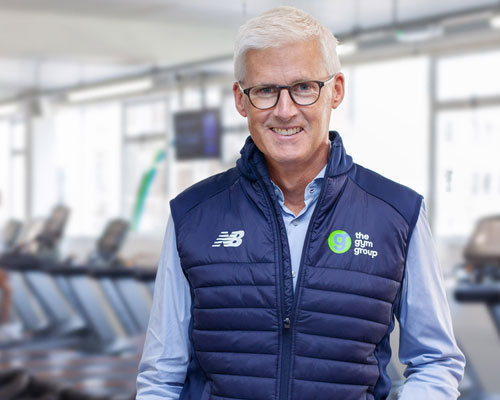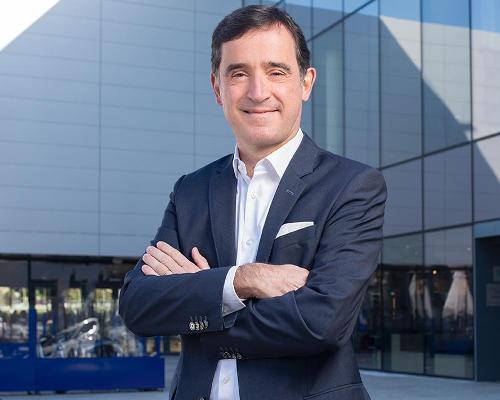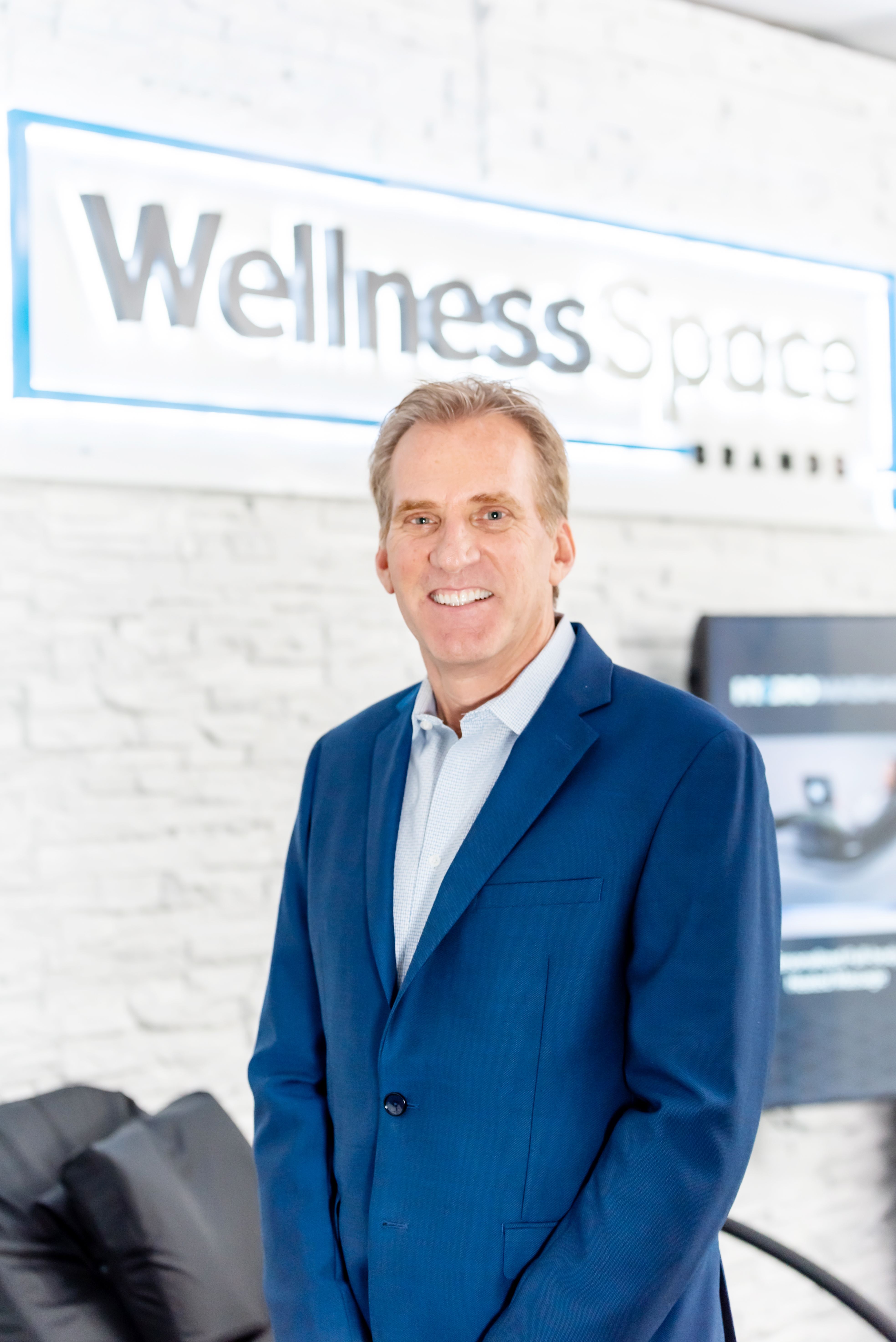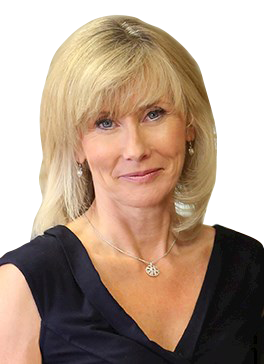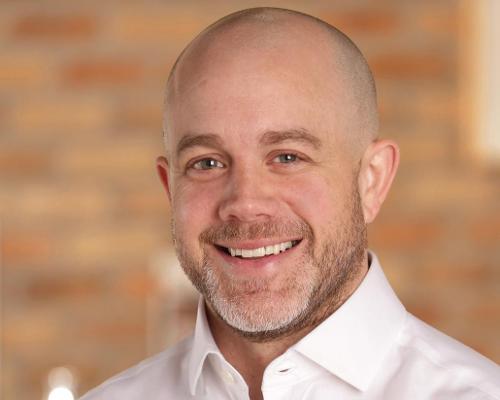features
300th edition: A pause for thought
To celebrate the publication of the 300th edition of HCM, we’ve invited industry experts to give their insights on the health and fitness sector: why they joined, the most exciting development to date and what they think we’ll be reporting on in the next 300 issues...
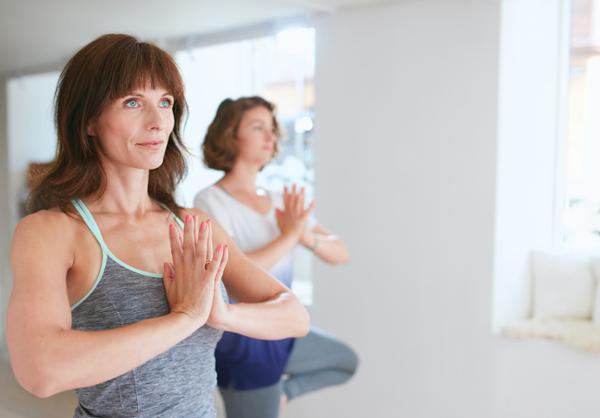
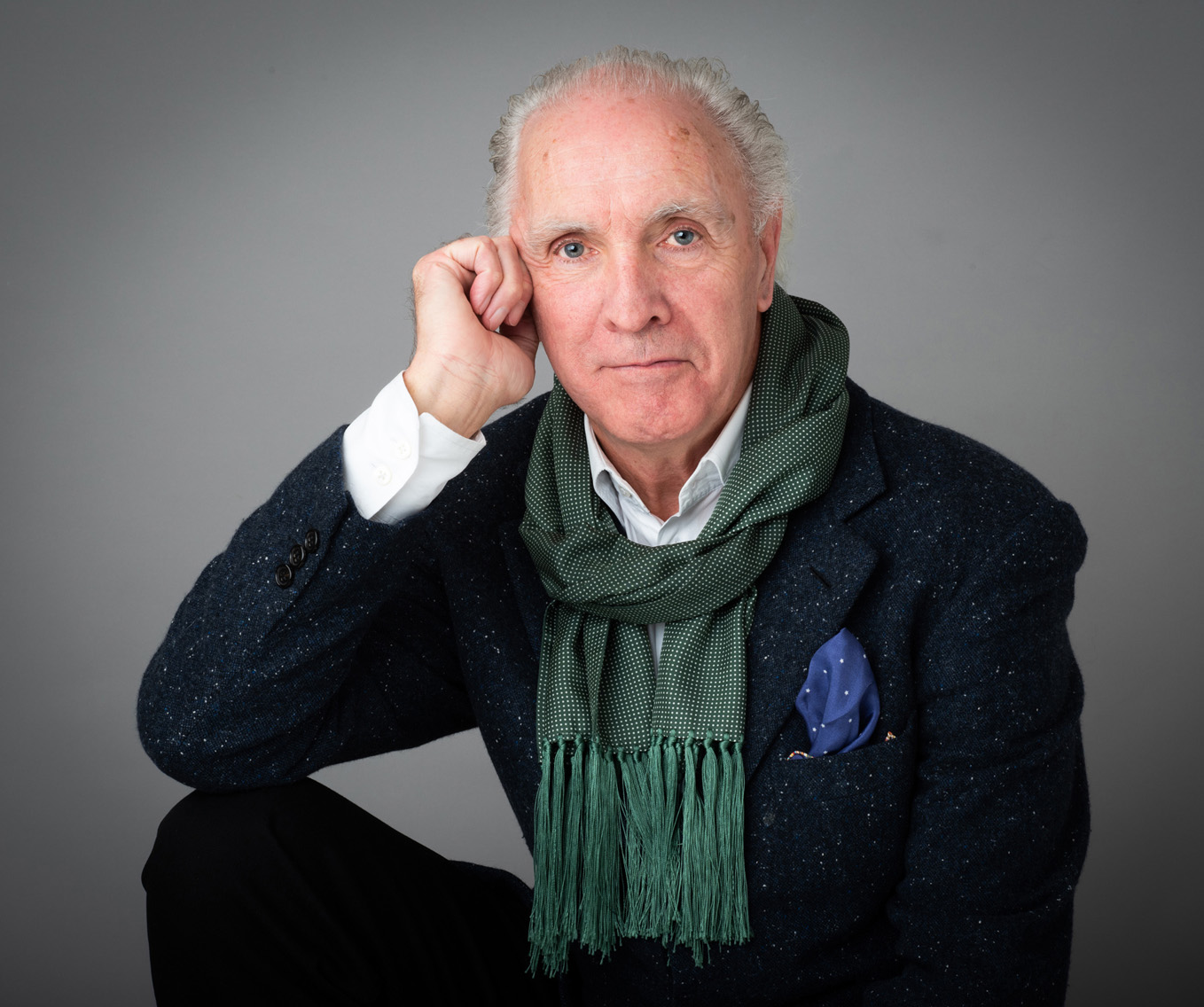
I came into the industry by accident, but with my sociology background, I found it fascinating and thrilling in equal measure that we knew so little 40 years ago about what motivated people to move. Today I’m sure data and technology are the enablers, though on their own they will not provide the answers.
The industry needs to go where it’s needed most: local communities and the wider health sector, offering a range of support it currently doesn’t provide. It means reskilling and retraining. It means re-imagining the product to grow the market.
It’s a bit of a jump from the current 15.6 per cent market penetration, but what I’m most excited about is the potential for the sector to touch 100 per cent of the population, from cradle to the grave. Improving the health and fitness levels of the population should be a legacy of the first global pandemic in our lifetime.
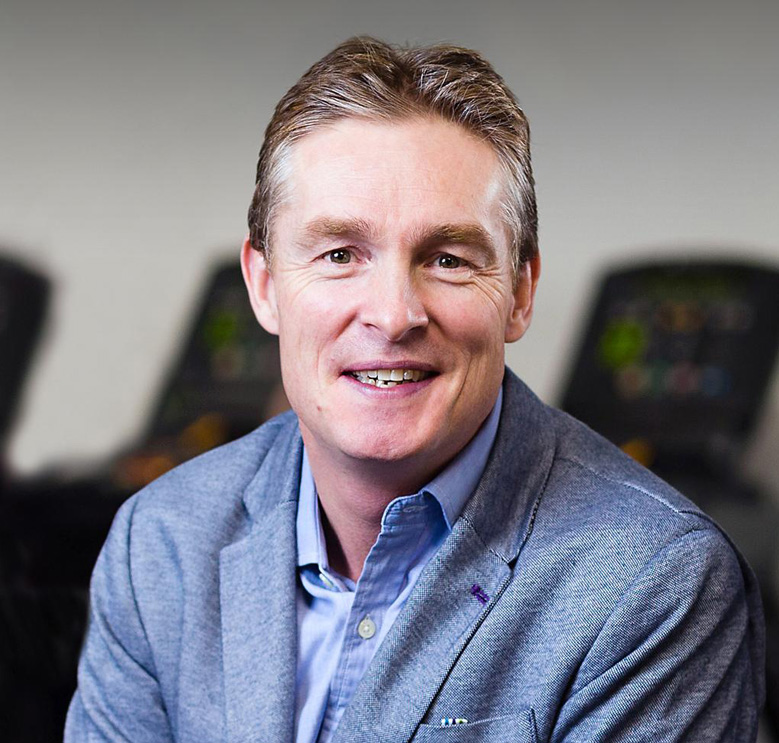
Working in an arena where the products and services help customers to live a better and healthier life is a pretty fundamental motivator for me. As I’m in the fortunate position of not having to work for narrow or immediate financial reasons, there has to be a sense of purpose in what I’m contributing to if I’m going to get out of bed every morning!
I may be biased, but I do think the emergence of the value fitness model has been the industry’s biggest event in recent history. It’s expanded access for tens of millions of people to affordable, flexible fitness and that’s a great long-run trend for our industry and society as a whole.
The industry must double down on the integration of facility-based fitness with digital/online/screen/meta-based fitness and flexibility for people to exercise when and where they want to. We mustn’t fall into the trap that retailers did for too long of hoping that e-commerce would either be small or go away. We need to embrace that future.
I continue to be excited by the evidence I see every day of us helping people to live better lives. That’s the core of the sense of purpose I have and it continues to motivate me for the future.
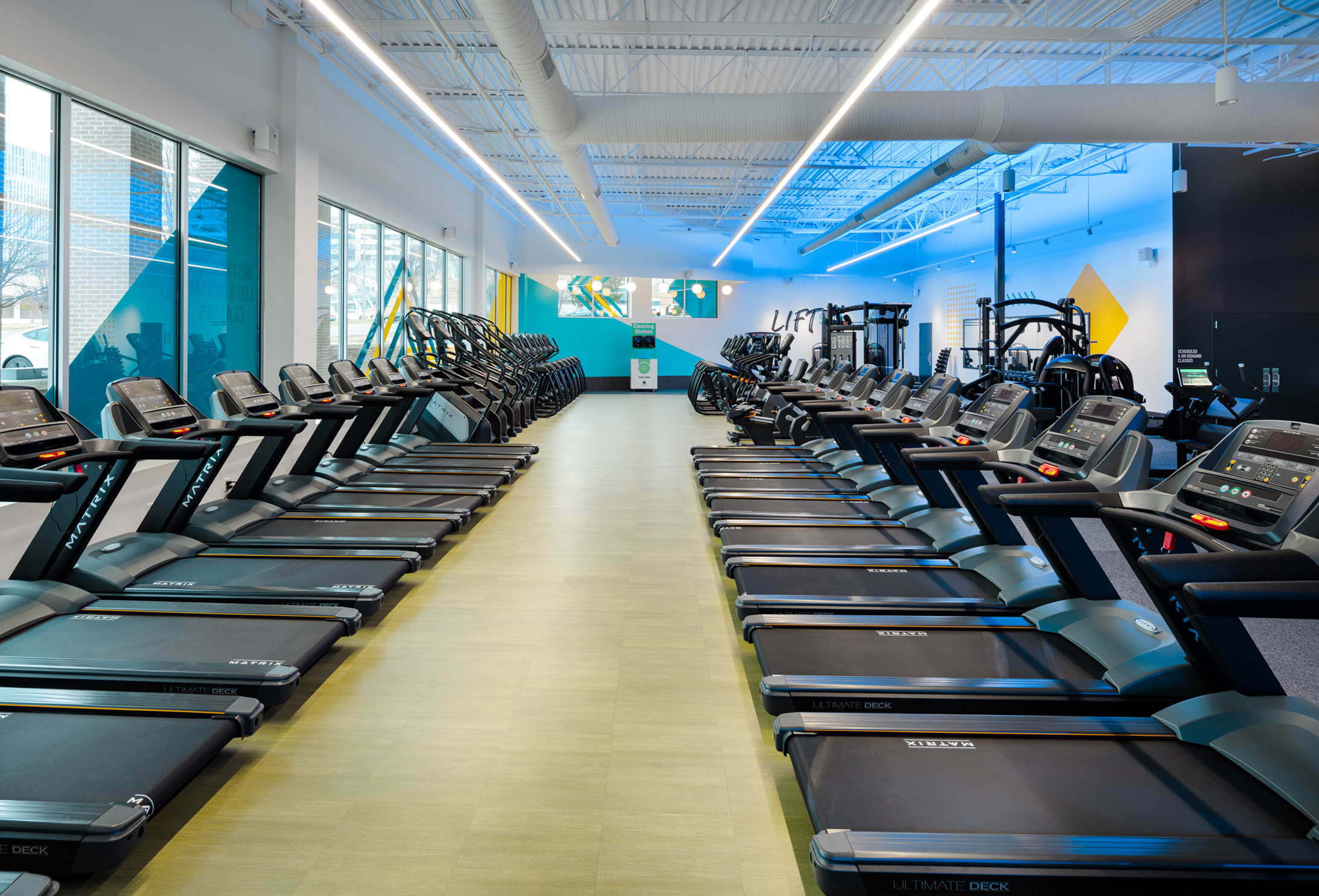
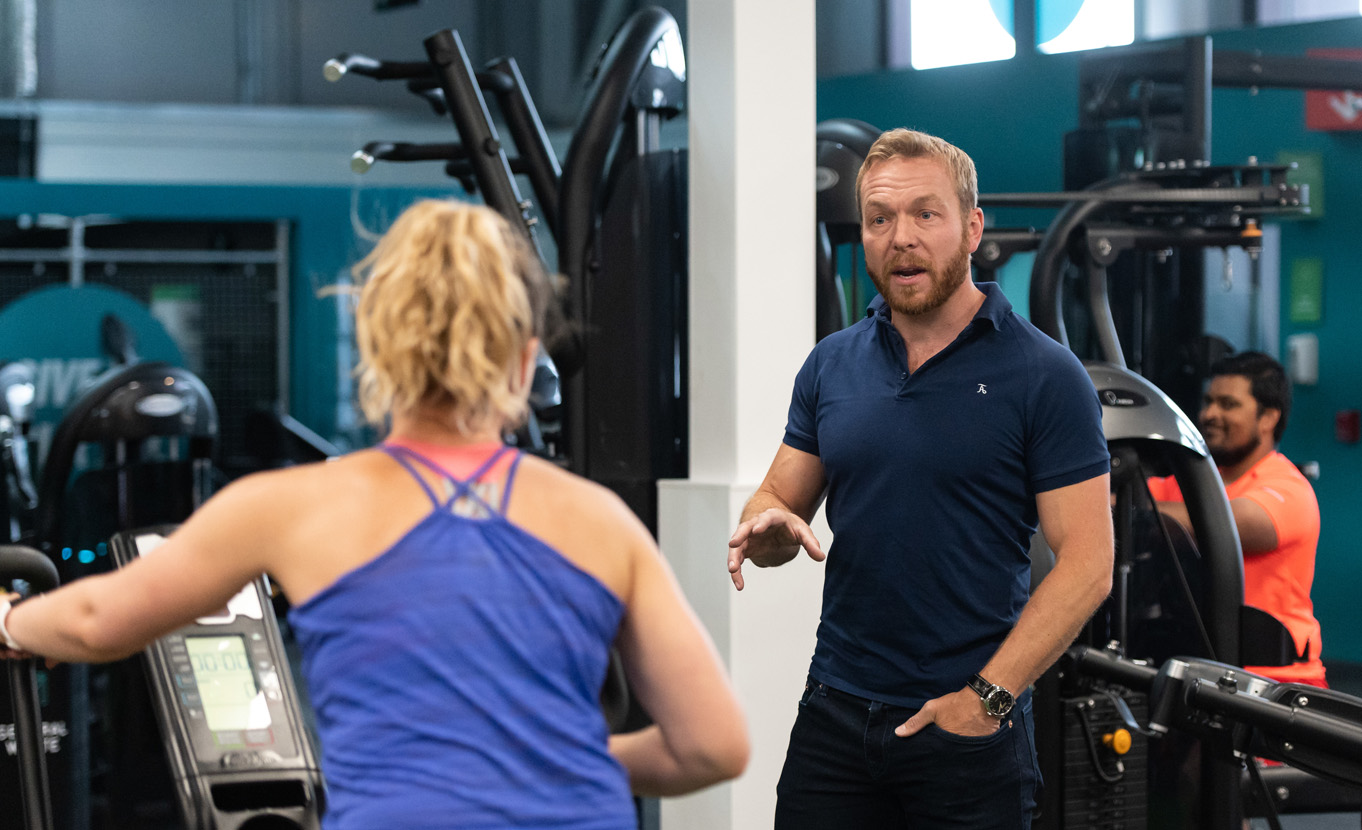

I ‘m excited about many things in the sector. That what we do is now valued as a prize. The rise of scientific fitness. The amalgamation of movement genre, the cohesion of community vibe, the possibility of technological enablement to both scale concepts regardless of location and enhance the experience. And that we’re stepping into the multiverse where the possibilities become limitless.
Health and fitness are fundamental to happiness, so it’s great to be a part of something inherently good. I’m pleased I’m not currently having a midlife crisis and having to rethink my vocation because I’ve sold my soul to an evil “profits first” corporate structure.
Championing communities has been one of our biggest achievements.
Whether it be a sports team, a hiking adventure, a group exercise class or a bootcamp in the park, we’re a people-first industry: enjoying the journey, holding each other accountable, showing up, and having a lot of fun along the way. We don’t do well when we stop moving and we don’t do well when we’re alone.
Going forward, we need to team up with forces greater than us and manage ourselves alongside the fundamental ecosystem of life: health, food, fashion, tech, insurance, work, habit-forming. We need to close the loop on self-managing wellness. With wearables gifting us real-time diagnostics and our exercise of choice becoming interactive, we’re now well placed to actually deliver on the worn-out adage of #livingmybestlife.
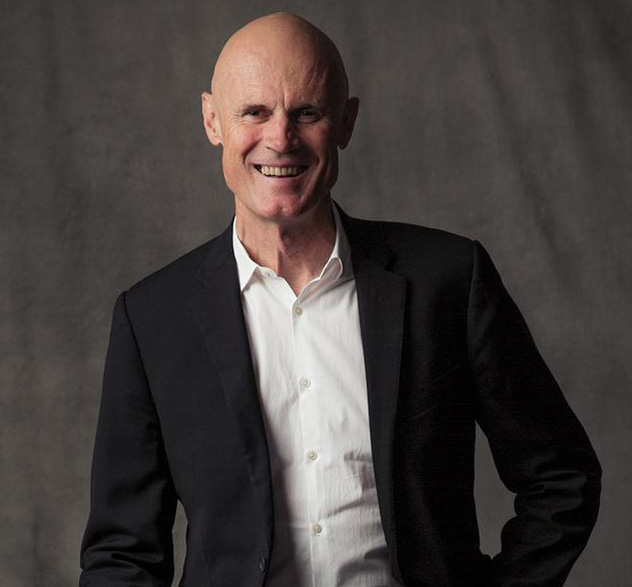
When my dad, Les Mills Snr, opened our first gym in New Zealand 54 years ago, he said the job of the fitness industry is to help people fall in love with fitness and that’s a mission I’m still very driven by today. So many people in our industry inspire me and it’s really powerful to witness the passion and commitment they bring to their roles.
I may be slightly biased, but I think the birth of group fitness, at the start of the 80s, was a major landmark for the sector. It brought women into the gym for the first time and dramatically increased peoples’ enjoyment of exercise.
We’ve all lost members over the past two years and need to grow numbers back as quickly as possible, which means doing new things to create excitement. During the depths of the global financial crisis, there were still people lining up outside Apple stores to buy the latest iPhone.
That’s the level we have to aim for – new equipment, exciting new class concepts, boutiques inside our clubs, chic and dynamic décor – offers compelling enough to motivate people, whatever’s going on in the world.
Our industry has a huge role to play in creating a fitter planet in terms of both people and the environment. We’re at a crucial juncture in the battle against climate change and there’s so much we can do to support this, including minimising our footprint, promoting active transport and eating regeneratively grown food. Every individual who becomes holistically healthier is helping. We also need to advocate and help educate our members in how to achieve this.

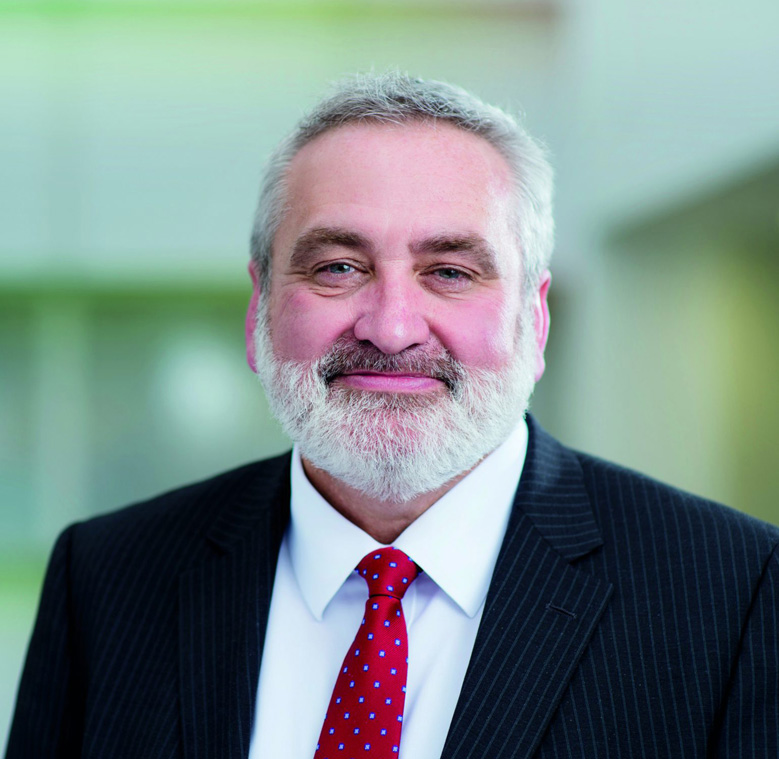
I wanted to work in a sector that can have a meaningful and positive impact on the health of the nation. Not simply focusing on how we help people improve their health and wellbeing, but also on the wider impact we can have on society by keeping people healthy and well, enabling them to work, support their families and communities.
Before the pandemic, there were more than 10 million UK gym goers: around 15 per cent of our population. Then the sector faced its biggest ever challenge, yet the recovery since reopening has been fantastic – we’re almost at pre-pandemic levels outside of city centres.
I think we’ve learned, especially from the pandemic, that health and fitness are part of the same conversation. It’s time the two industries came closer together to work hand-in-hand for the benefit of the nation. Similarly, it’s important we think about whole-person wellness – physical and mental health – and the benefits we can bring to both.
Health has never been in the public conscience as much as it is today. It’s a huge opportunity to engage the public and look at evolving the role of fitness professionals to help ease the pressure on the NHS, for example, by upskilling the sector to deliver low-level medical interventions.
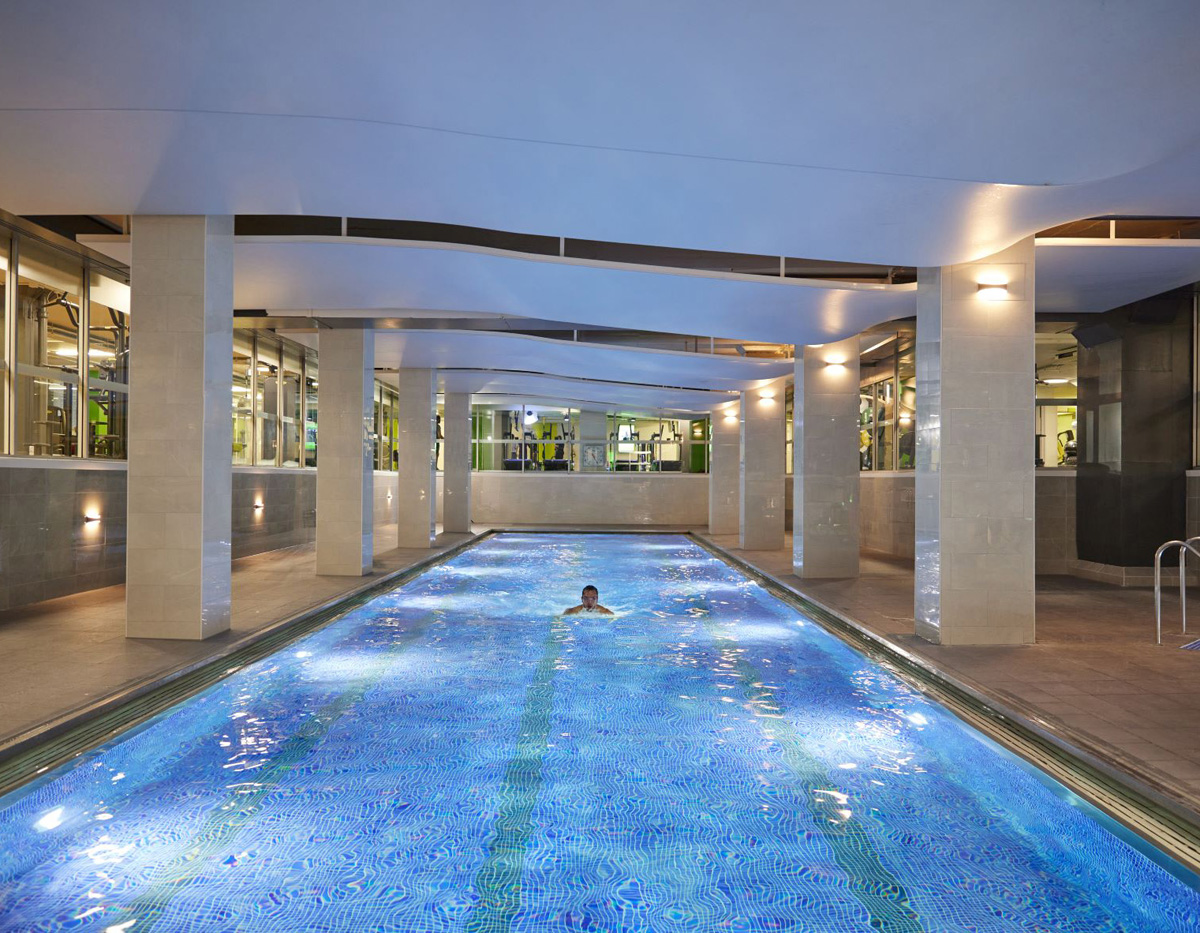
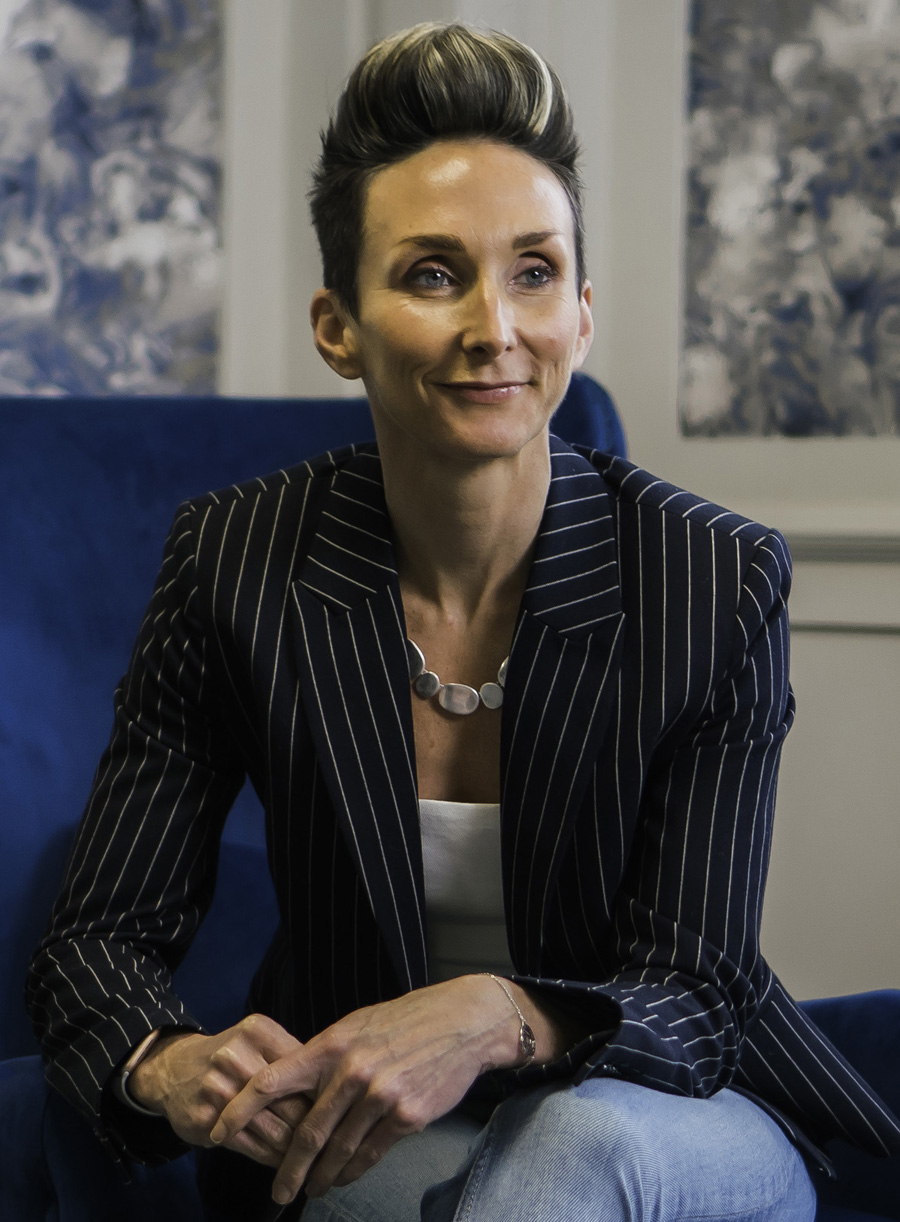
I started my fitness career more than 20 years ago, qualifying as a fitness coach so I no longer had to work in a nightclub to pay my way through my masters degree. I can’t say I ever intended on a career in our sector, but there’s something about it that you just can’t beat. What could be a greater gift than helping people – clients and team members – to be better every day?
Over these years, I feel attitudes to fitness physical activity have changed significantly – once considered somewhat tedious and unappealing, it’s now cool and desirable. Decades ago a gym membership had to be pushed, but fitness fundamentally sells itself now, which allows us to focus on the value proposition.
I’d love the sector to capitalise on this new reality by bringing more operators together, embracing the true breadth of it. There’s such power and purpose in what we do, but there’s a misconception about our scale and contribution because people tend to think about big health clubs alone.
Predictions are hard to make, but I’m excited to be in health and fitness and can’t think of any better sector to serve.
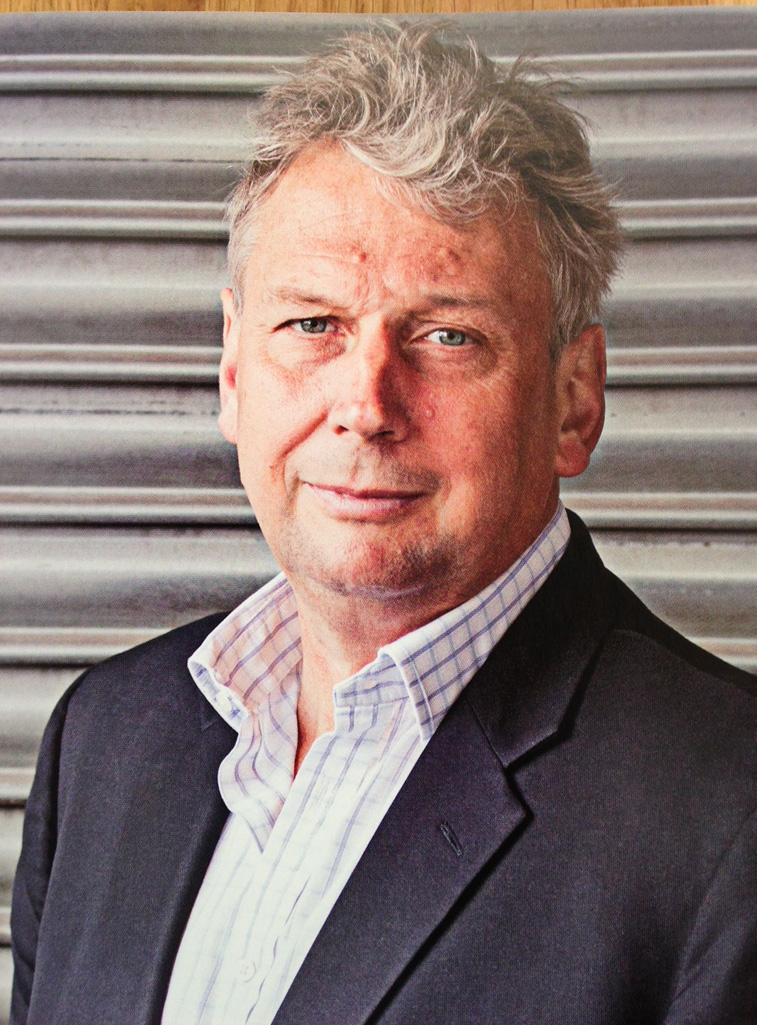
What I love about this sector is the constant hunger to grow that impact and contribution to individuals and society. For an industry that’s been written off so many times in its short history, it has shown it can be a resilient and evolving part of creating healthier and happier communities for generations to come.
Our industry was blessed to have a generation of entrepreneurs who emerged around the same time, and a great market has been built on their shoulders. We should recognise and learn from the experience of those entrepreneurs, their failings too, and inspire the entrepreneurial spirit that is going to be needed to foster the innovation essential to driving growth in our sector.
I believe the pandemic has set the stage for the next generation of new business models, new products and new services. Our sector was firmly shut for much of the past two years, yet the recovery has shown how deeply appreciated it is by consumers. They were incentivised to try every type of substitute possible, yet still opted to return to their gyms and health clubs in their droves, despite some having unfounded concerns about safety.
We have to reward them and attract an even wider audience than before by raising the level of our products, our services and the experiences we provide inside and outside facilities – whether they’re delivered independently or in collaboration with partners. The commitment to do this that I see from the most progressive organisations in our industry excites me enormously.

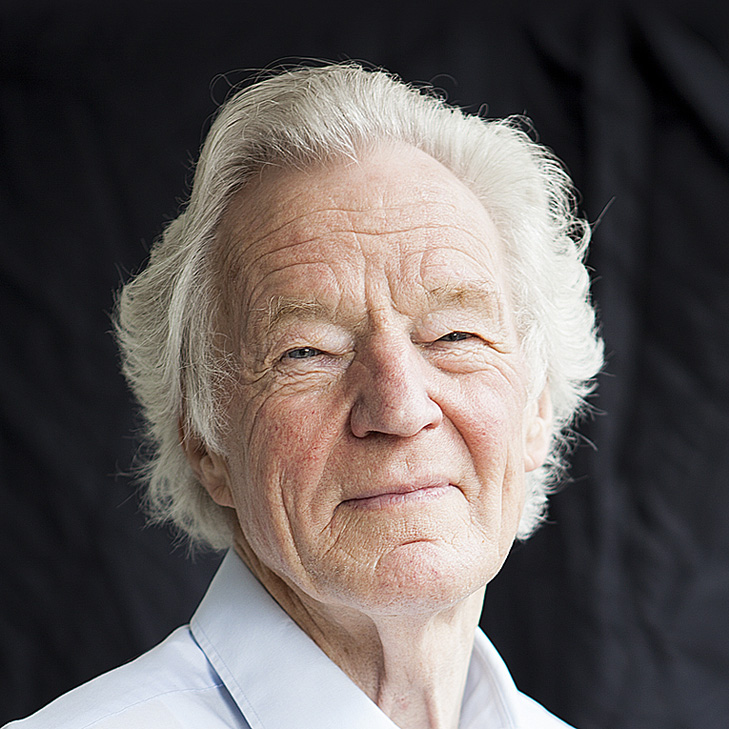
The industry has been shaped by three main things. Firstly, the initiative by Florence Nightingale to launch fitness training in 1860, in Oxford. Secondly, the publication of a report on the importance of activity by the four Chief Medical Officers, in 2010. Thirdly, the report from the Academy of Medical Royal Colleges, Exercise the Miracle Cure, in 2015.
Now the industry needs to reunite with the NHS to form a health and wellbeing industry.
The skills of physical activity professionals in motivating people is exciting for me. There are 15 million people with long-term conditions who will never reach a physiotherapy department and who could benefit from these skills and reduce the need for health and social care. Fundamentally, I like this industry because it’s the most complex business on earth, incorporating science, politics, money, genetics, ethics and a few more topics all mixed up – and in the public eye.

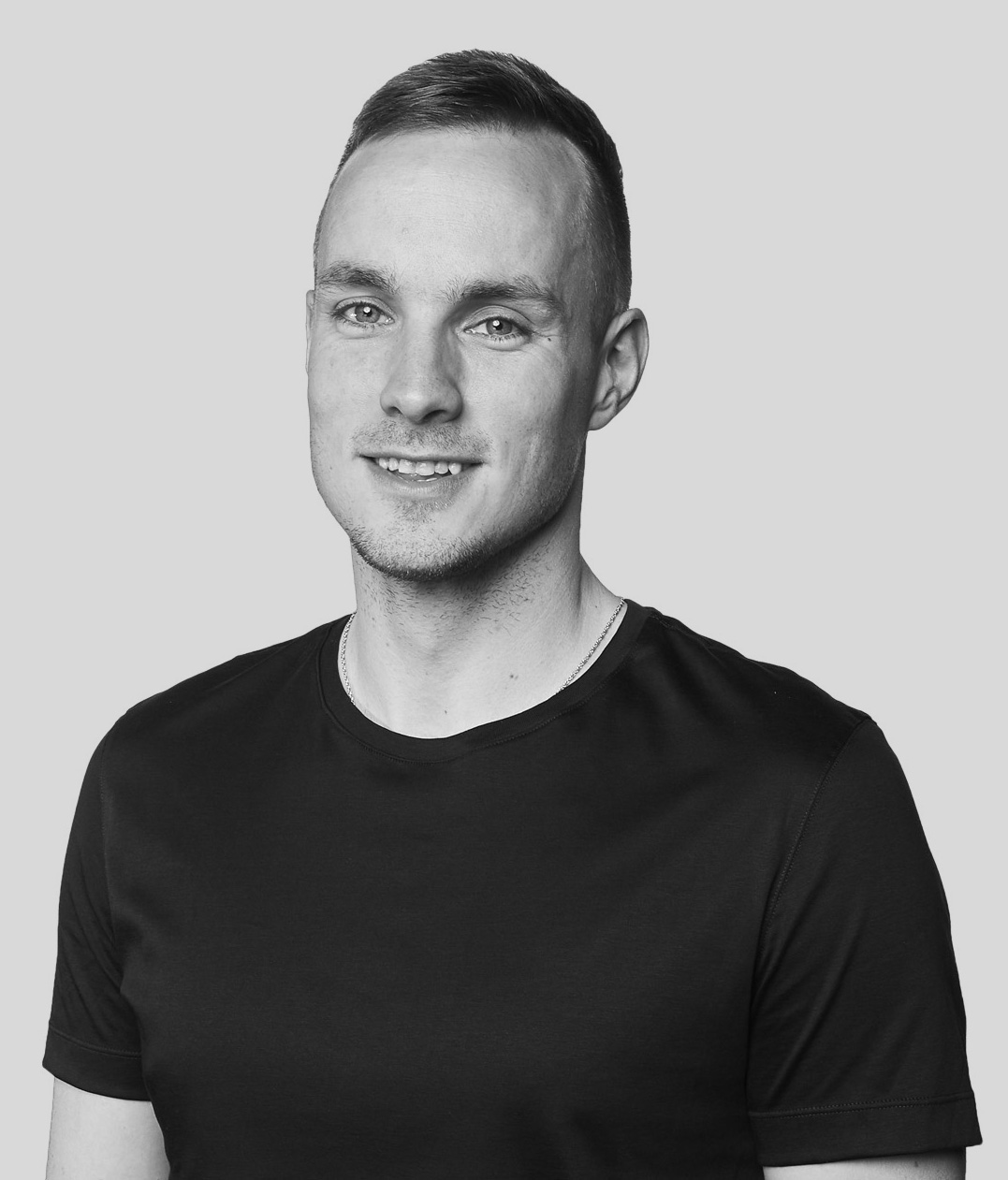
After a head injury during my teens, I used Pilates and personal training as part of my rehabilitation. Since then, I’ve always known this was the career for me.
I love how much impact I can have on other people’s lives. Making my clients happy makes me happy. I also love seeing my staff members flourish and grow.
Parts of the industry felt stagnant between 2000-2020, innovation was limited and training was largely the same, but now industry professionals are beginning to use data to drive training prescription and modification. I also think virtual reality-based exercise, such as that performed on Icaros or Holofit has a huge future, especially for biofeedback and injury rehabilitation.
Virtual reality training should continue to become a larger part of the industry. I also think more diagnostic services need to be included to allow for a better prescription of exercise. Focus should also shift towards events and workshops to improve client knowledge on aspects such as training techniques and nutrition.
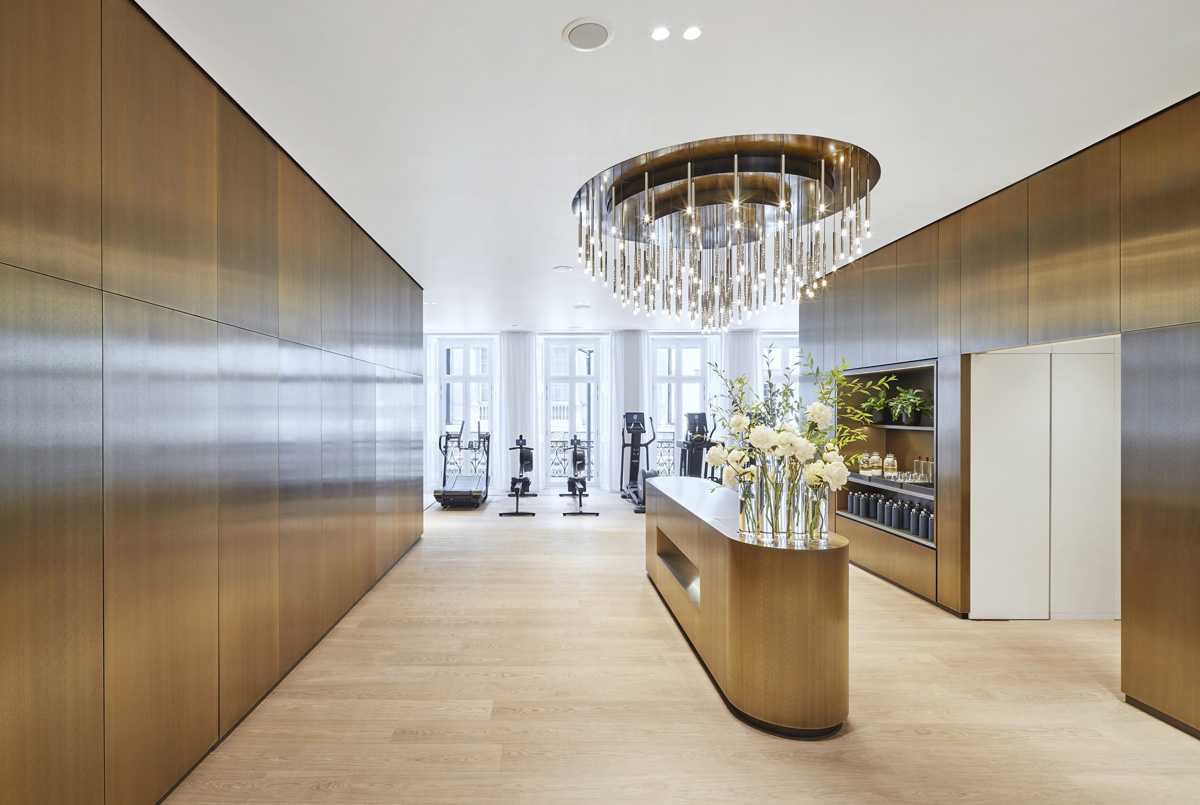
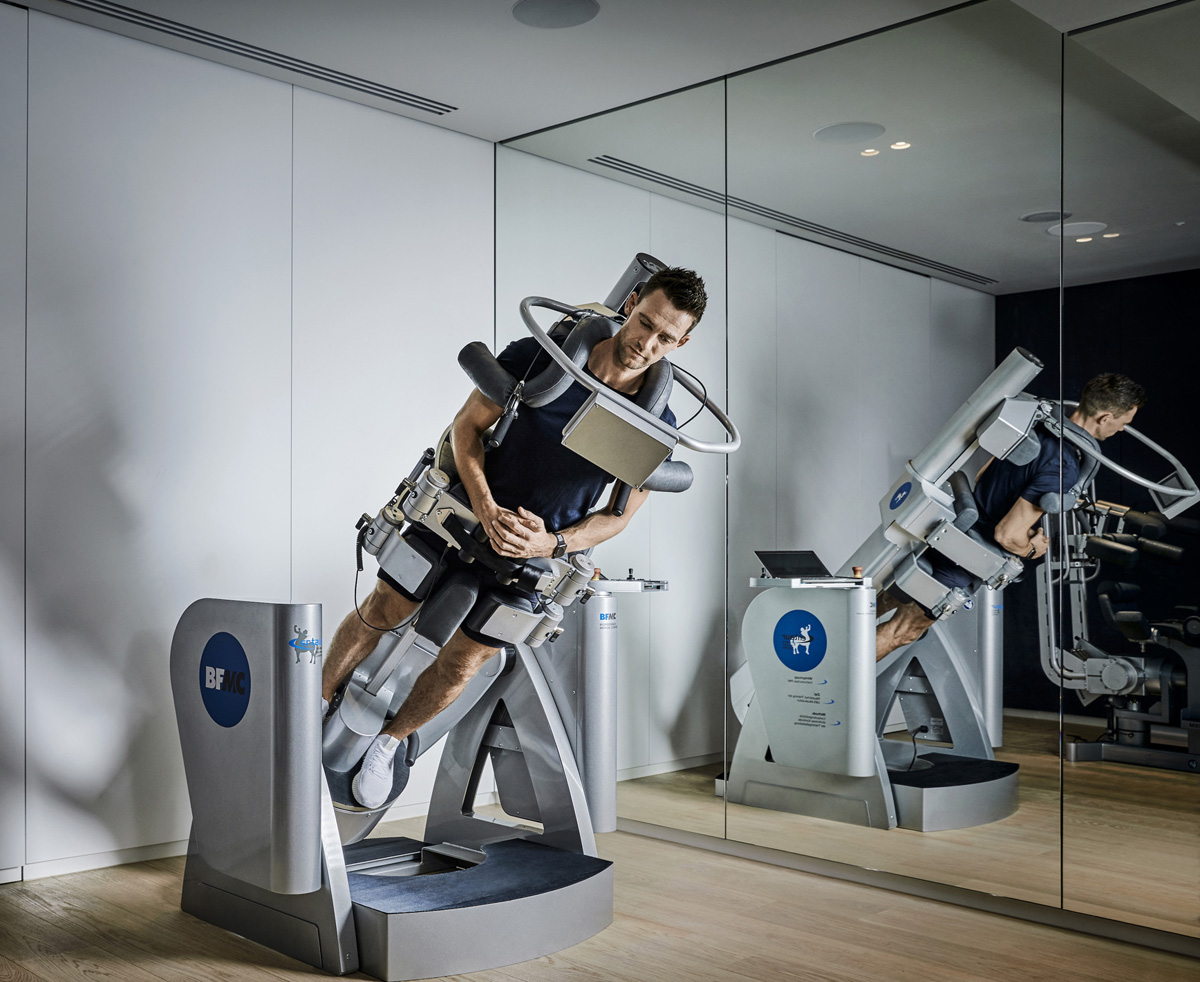


I love the virtuous circle the health and fitness sector creates. The emotional reward and job satisfaction you get from seeing people make progress is hard to beat. It’s been exciting to see the emergence of different training types and modalities, particularly functional training.
Going forward it’s necessary for operators to provide truly omni-channel health experiences. If people love a brand, they should be able to access it any time and incorporate it into their daily lives.
The sector needs to get better at communicating the benefits we provide for the overall health of the nation. We need to be woven into the government’s strategy for wellbeing, but first, we need to show why, demonstrating what expertise we bring, the broad range of health benefits we can provide and why people should be incentivised to visit health clubs. We need to be more present in these conversations and be taken more seriously.
I’m excited for the development of the sector. Having come through a challenging time, we now have a clearer idea of where we’re positioned and the role we can play.
With the digital transformation rapidly accelerated, it will be interesting to see how technology can further positively impact the health of the population.
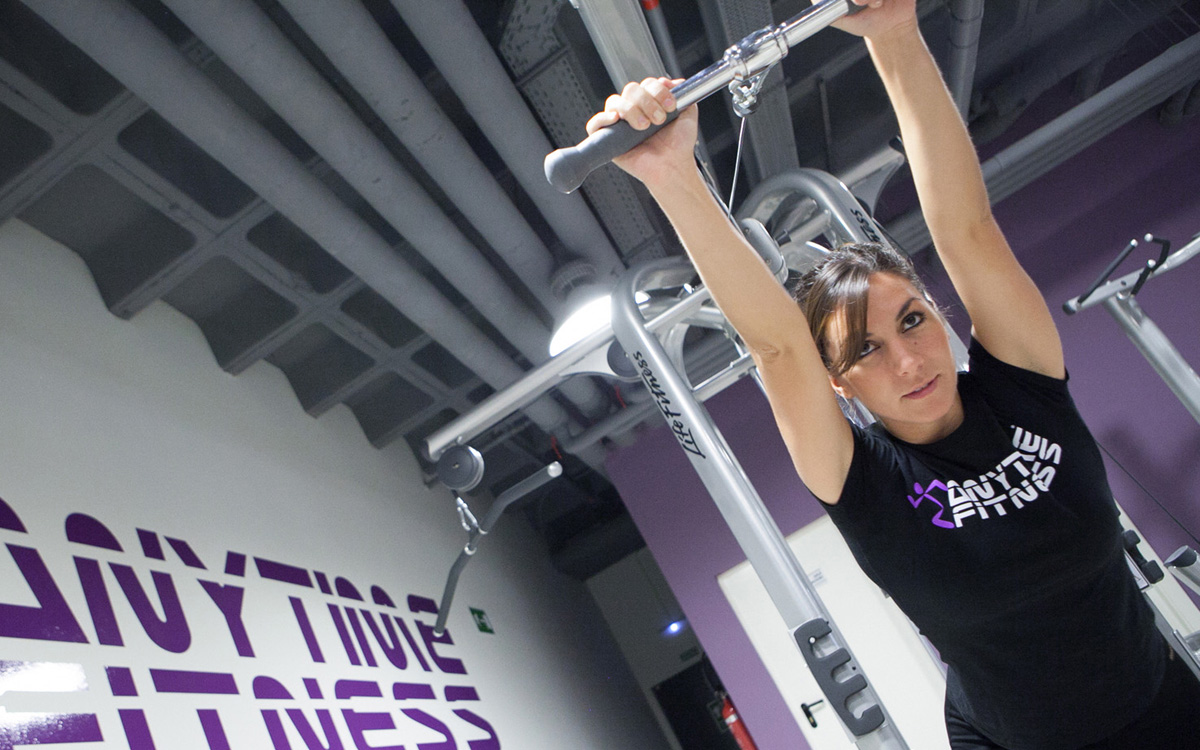
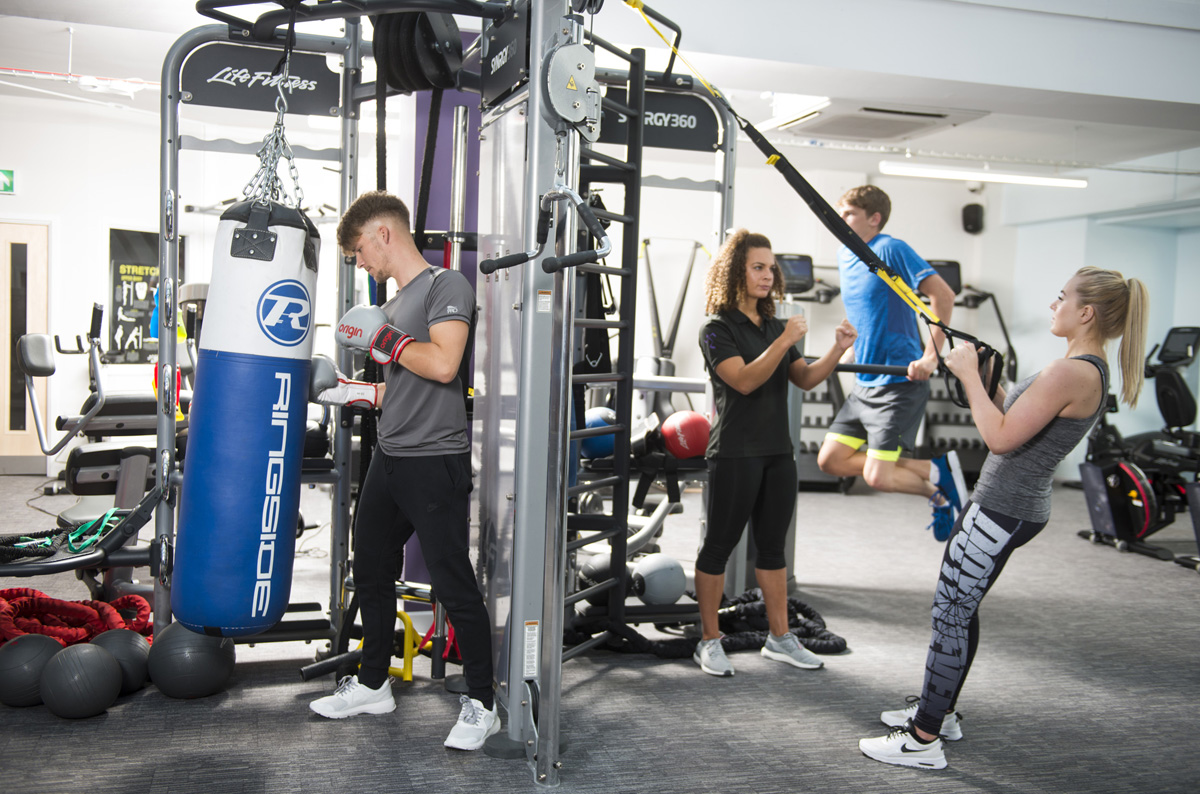
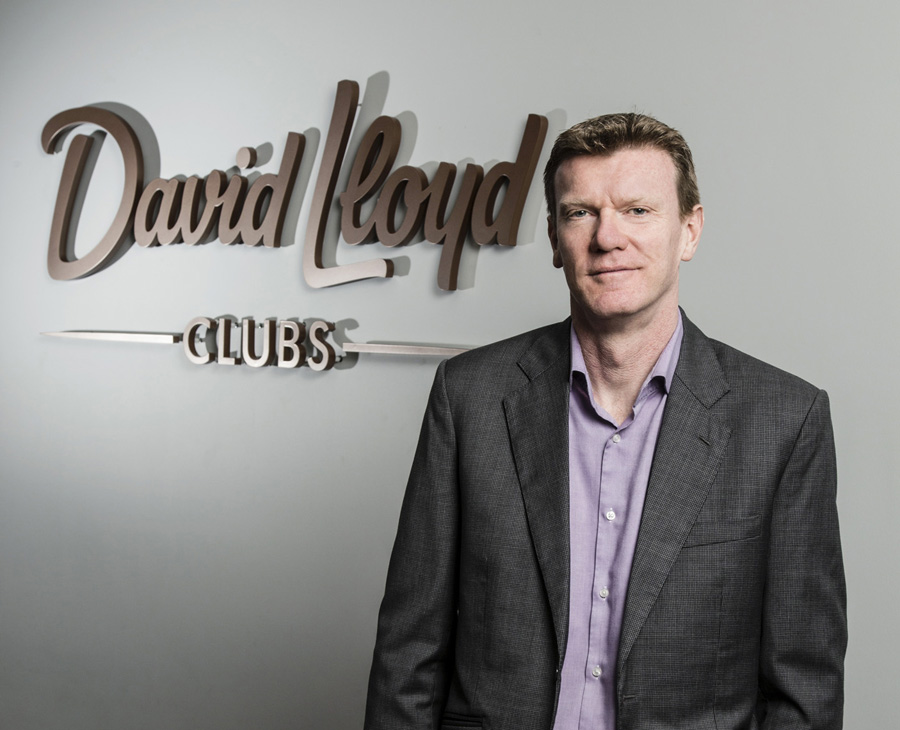
I think it was more my wife’s ambition than mine to join the industry initially! When I left my previous job at Merlin Entertainments, I was trying to decide between joining a brewery group or David Lloyd Leisure. My wife was keener on the idea of me spending most of my time in health clubs rather than in pubs!
I’ve really enjoyed my seven years in the industry. I love how passionate everybody is about what we do and as challenging as it’s been, it’s been a particularly interesting place to be in the last two years.
The most exciting development has been running and cycling becoming cool: they’ve been my ‘go-to’ choice of exercise for more than 25 years, so I’m finally on trend.
There is so much more awareness of wellness as a concept now, particularly the importance of good nutrition, relaxation and sleep and their relationship to physical and mental health. Consumers’ demand for wellness products will reach way beyond a gym membership, and this is where the most opportunities lie for our industry.
Physical location is also becoming less important. Consumers want to be able to access products and expertise whenever or wherever they chose. The digital space will continue to grow at pace, but at the same time, people are placing increased value on community. They want to connect with others, whether that’s face-to-face, online, or a bit of both. So, as the industry develops its digital offering, we mustn’t forget the importance of human connection.
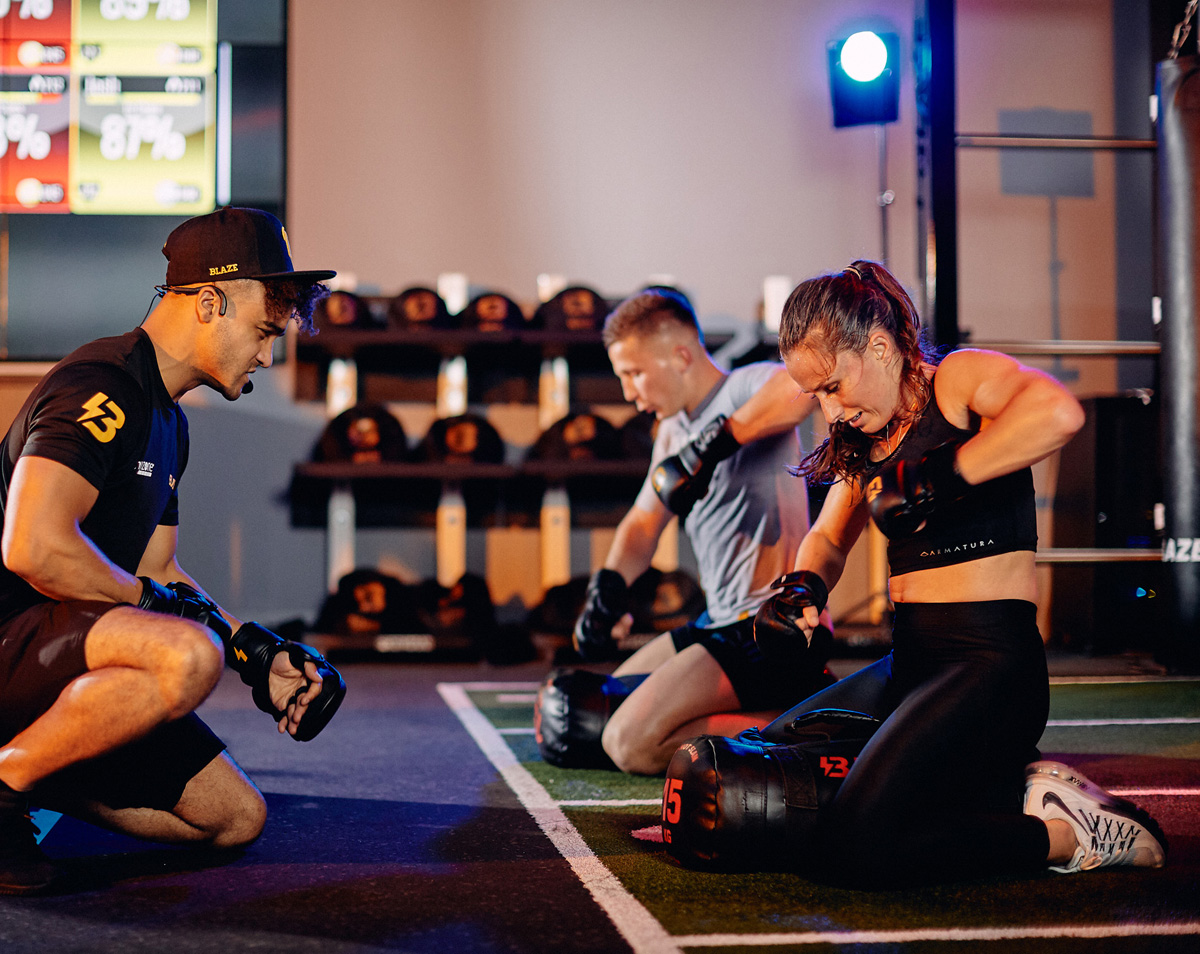
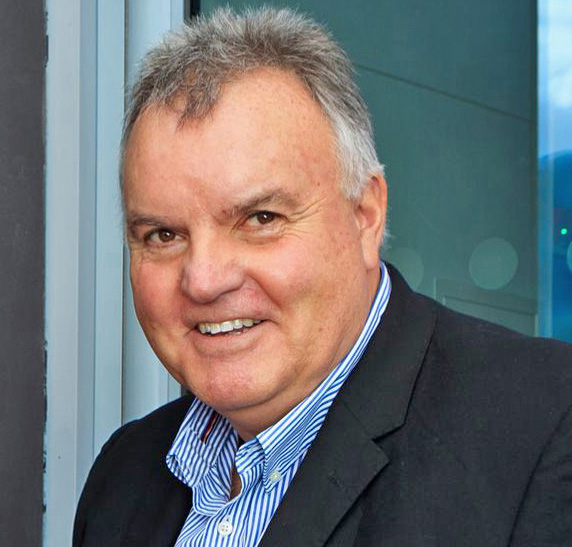
I joined the Coral Leisure Group in the late 80s, because of a mixture of passion and interest. I played squash for England and was British Racquetball champion so had a significant interest in fitness and was also a trained accountant.
Back then health clubs were broadly speaking for the middle classes – even local authority provision was relatively expensive – so one of the most exciting things to happen in the industry is the way the low-cost sector has democratised fitness. Now someone on benefits can be working out next to a multi-millionaire.
Sustainability now needs to be a huge focus across the sector: The Gym Group aims to be carbon neutral in five to 10 years.
The UK still has a long way to go in terms of penetration levels. We’re lagging behind Scandinavia and the US, but even they’re only at 20 per cent, so there needs to be a big focus on encouraging more people to participate in exercise.
Going forward, I’m hugely excited to be moving out of COVID, which has been a huge strain on our young staff. And I’d like to see a cut in VAT rates and for tax to be removed on exercise, so memberships can be made cheaper.
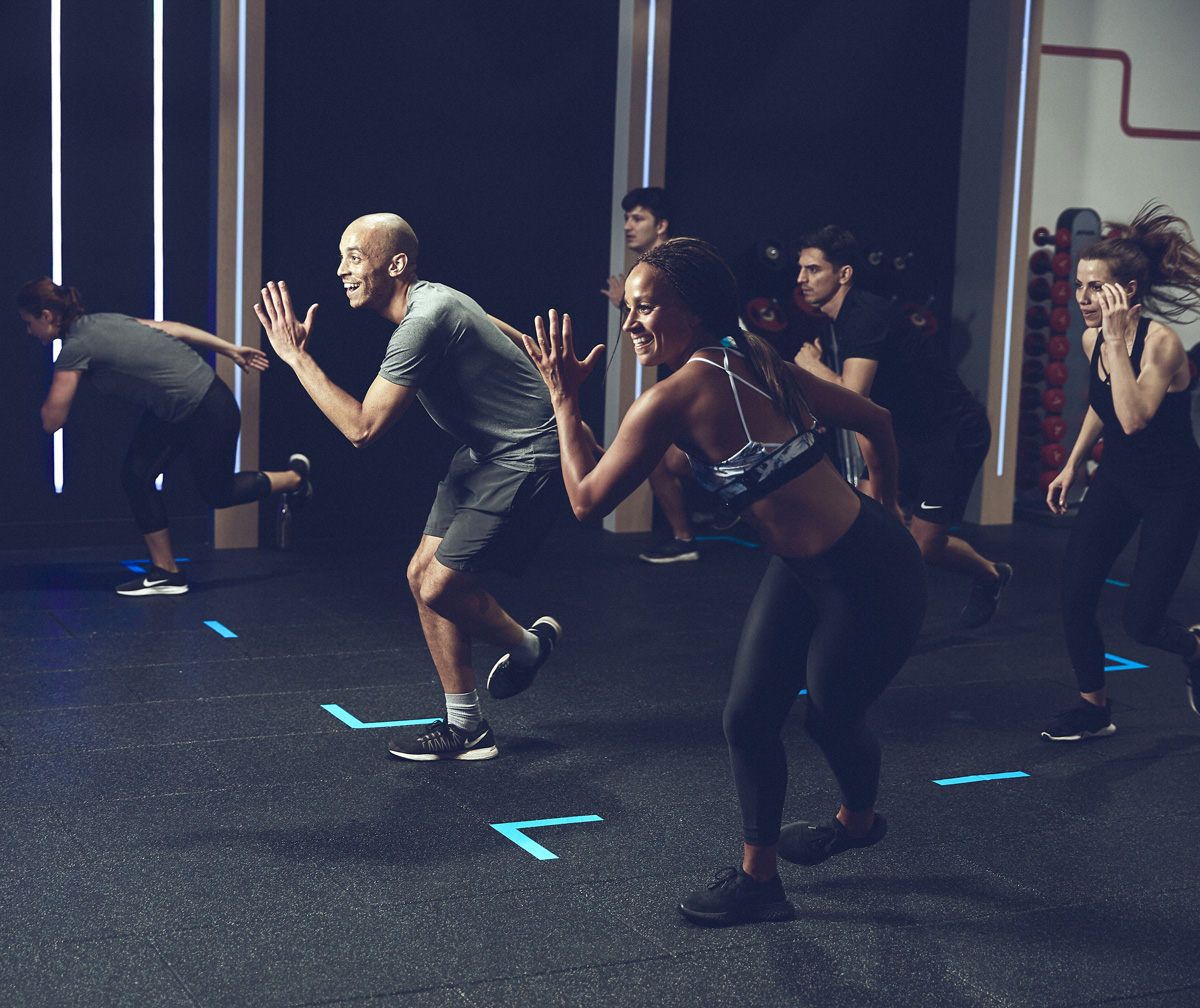
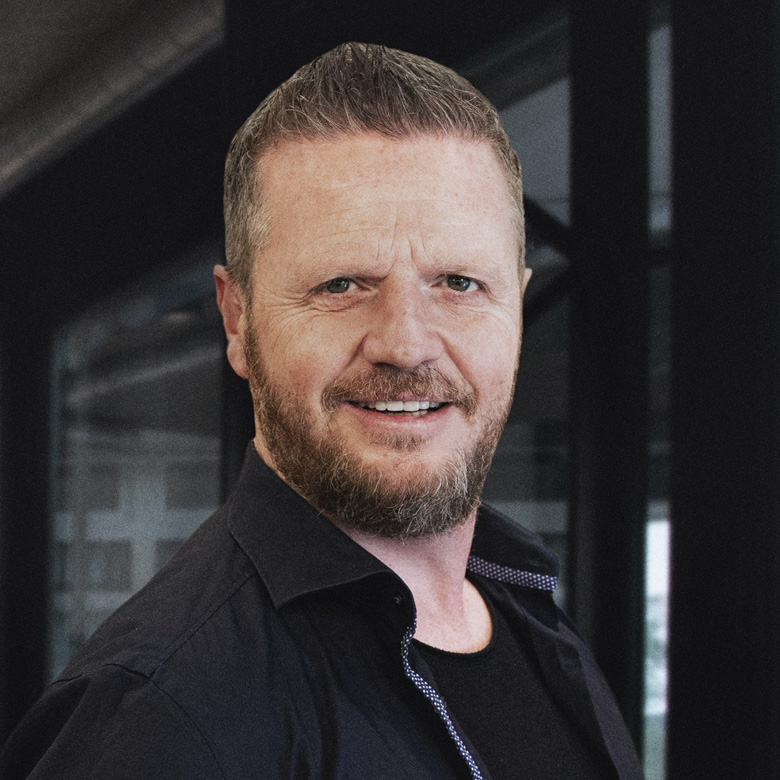
The big tech revolution has really helped our sector. It’s helped break down barriers and given people knowledge and confidence to try new workouts and new styles of fitness. I also think the boutique fitness sector has been amazing at shaking the dust off tired forms for fitness operation and the fitness landscape.
Web 3.0 and the Metaverse are where we’re going! This is an exciting progression and provides a huge opportunity to engage and enthuse a new audience.
I’m really excited about the growth potential. As an industry, we’re projected to grow by almost 10 per cent in the next five years. We’re also excited about new people coming into our sector with fresh ideas and new ambitions.
Our franchise pipeline is brimming right now and it’s a great mix of everyone from fitness veterans and pros through to business people and investors who are new to our market but have great vision. It’s all to play for and we can’t wait.
I’ve always had a love of health and fitness and I believe everyone has the right to access good quality experiences that not only improve their physical health but also their mental health. I love that I can make a genuine difference to people’s lives through world-class fitness experiences. I love that the TRIB3 brand is impacting lives around the world – both from an exerciser’s point of view, and also for franchise partners.

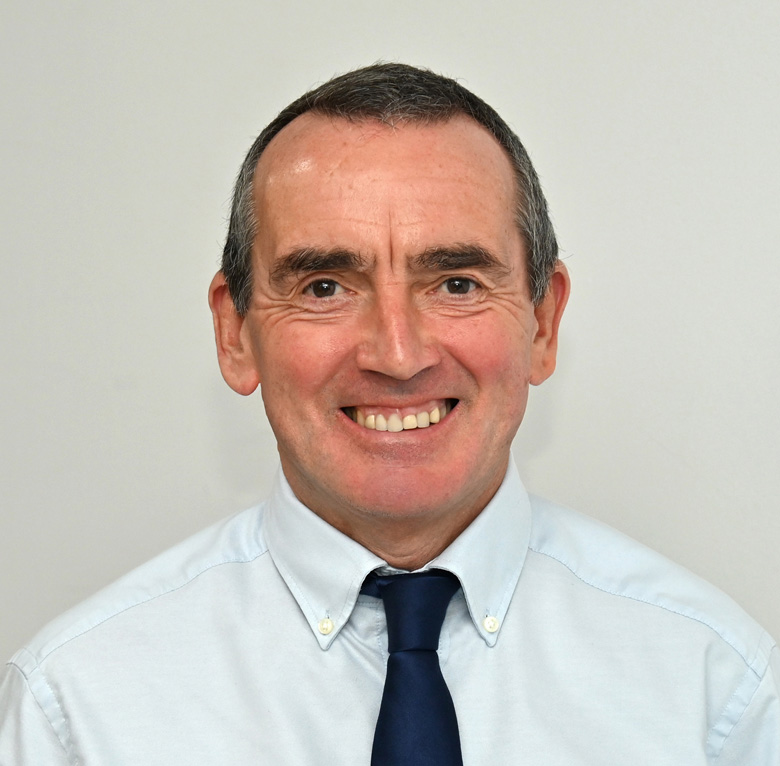
I wanted to join the sector because it’s full of dynamic, enthusiastic people dedicated to doing the best for our communities, but also good at enjoying themselves!
One of the most positive things to happen is the outsourcing of public leisure centres in the UK to be operated by charitable social enterprises – businesses with a social purpose.
Going forward, we need to move away from just running gyms to really grasping the nettle of healthy and active lifestyles for all, using all dimensions of our enthusiastic and talented workforces, as well as our great physical assets.
I’m very excited by the opportunity for our sector to directly address the ambitious challenge of the government’s Better Health agenda, particularly focusing on growing our market by getting the traditionally inactive into meaningful activity.
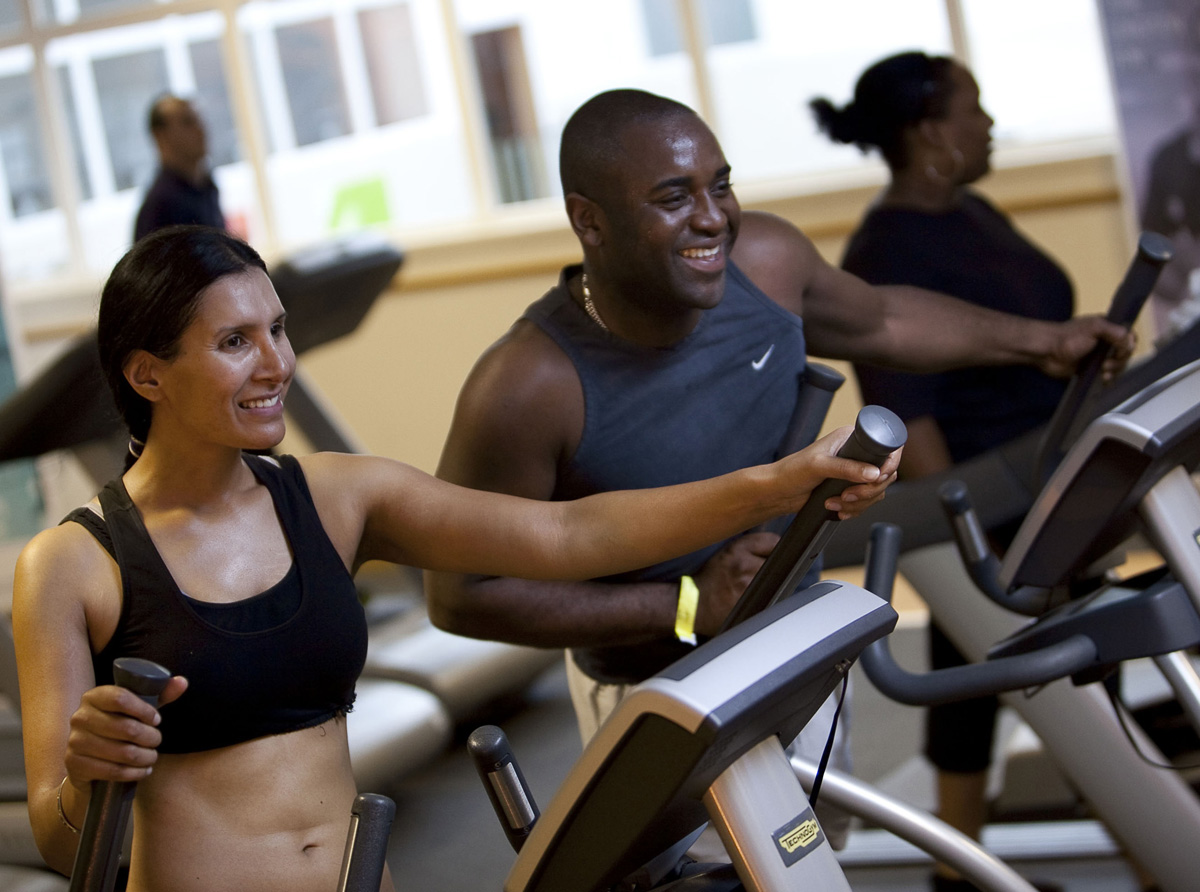
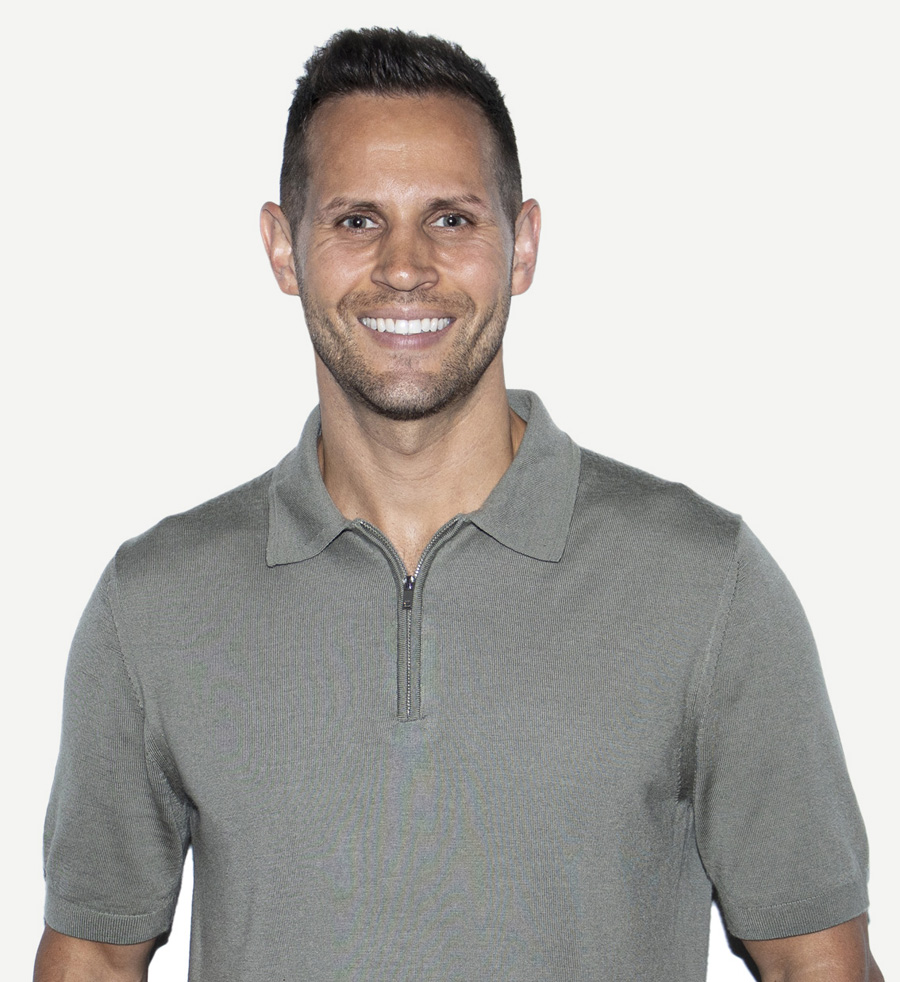
The evolution of the sector to offer greater choice has been very exciting over the last few decades. Prior to the emergence of the full service ‘big box’ gym chains, we typically saw male-dominated bodybuilding gyms and separate female-dominated locations for classes.
Since then we’ve seen multiple evolutions bring new options for members, whether that be CrossFit, low-cost operators, outdoor offerings, boutiques, and at-home offerings. Members now have a vast amount of choice, which can only grow the numbers of people taking part in regular exercise.
One opportunity, as a sector, is the accurate collection and utilisation of data, showing the positive impact our sector has. Utilising our collective data could be the key to opening more doors with government and the health care sector.
I’m really excited about the growth of the industry. We’re seeing the younger end of our members now being more active than ever, with more of them regarding fitness as part of their life from their earlier years. I spent my childhood and teenage years playing competitive sport at a high level, but when I realised my dream of becoming a professional wasn’t going to materialise, the closest thing to my natural passion felt like a career in the fitness industry.
Doing something I’m passionate about, which makes an enormous difference to people’s lives, is the main thing I love about the job.
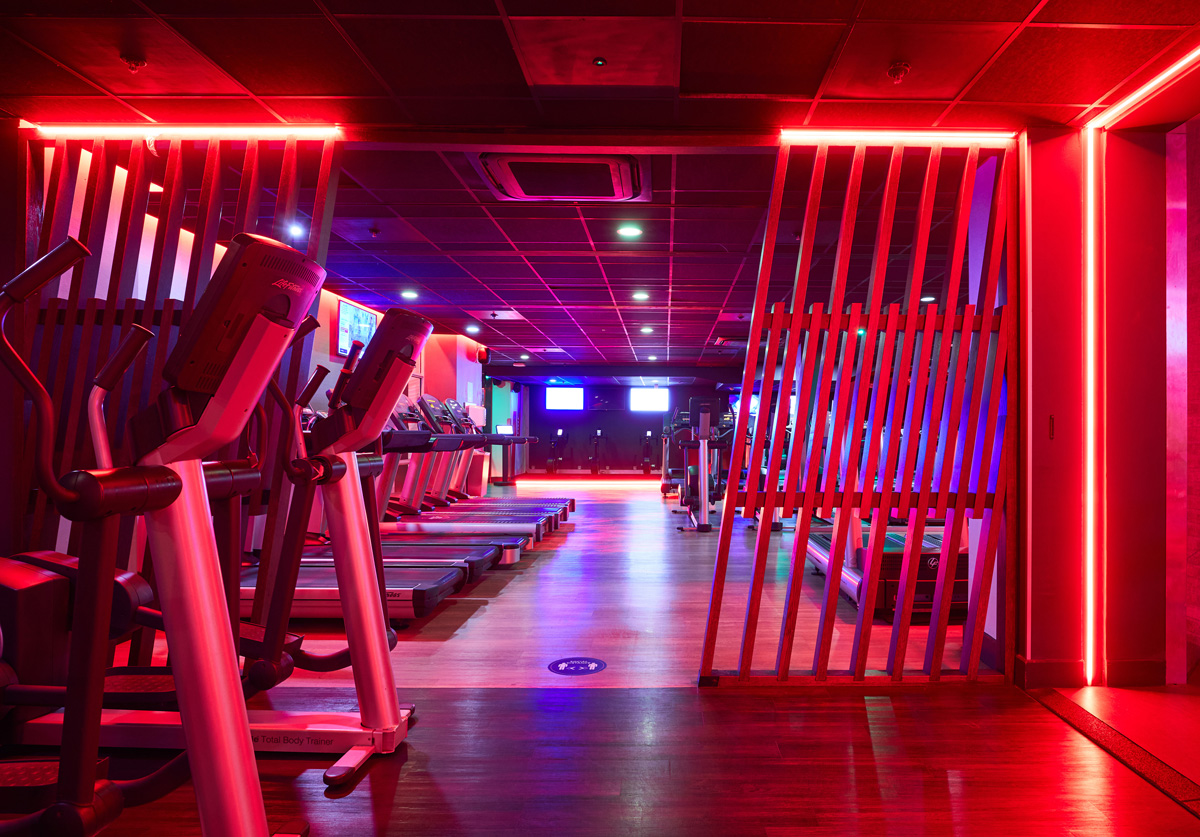
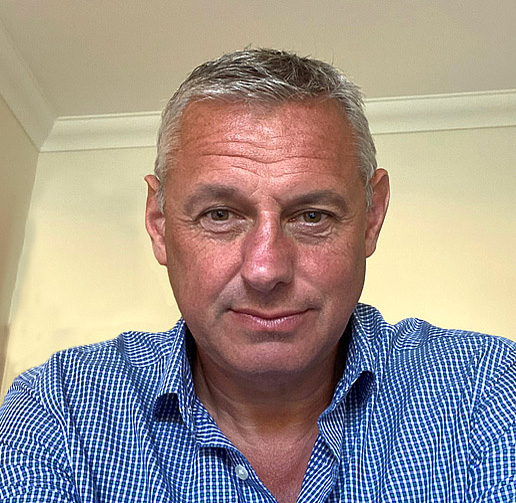
I wanted to be a doctor but my O Level art and 3 CSEs didn’t cut it for medical school. After being a pro drummer for nine years, I opted for a sport and leisure degree as a mature student. I still love the idea of helping people have a healthier life and now I know more about a GPs’ actual work, my job is probably closer to my original naïve ambitions.
I’m so excited about the recent Prehab4cancer report (www.hcmmag.com/Prehab4Cancer) which evidences the amazing outcomes that can be achieved by getting people more active before and after cancer surgery and treatment, it’s the most potentially game-changing thing I’ve seen in all my years in the sector.
The public sector needs to agree a purpose that binds us all together and sees us contribute effectively to the health of the nation. We need to get over what type of provider we are – it’s up to councils to choose what fits their often political desires – and set up as the national wellness service.
The appetite for being healthier, for being more resilient and resistent to disease and the realisation of the benefits of physical activity for mental health and wellbeing have never been more widely known or appreciated. I’m excited to see how we adapt our proposition to be relevant to the 80 per cent of the population we struggle to attract, and particularly support those who need our help the most. Tech will play a huge role in this in any number of ways.
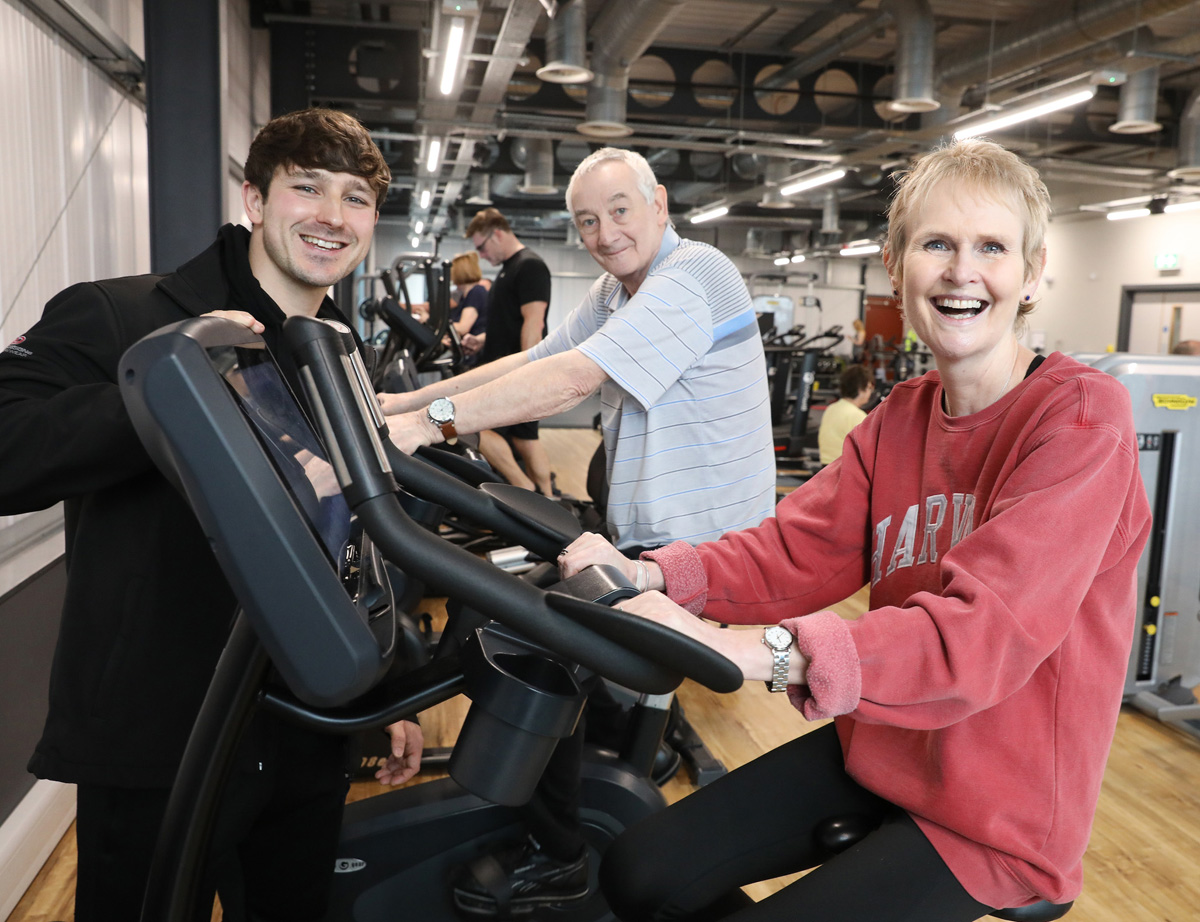
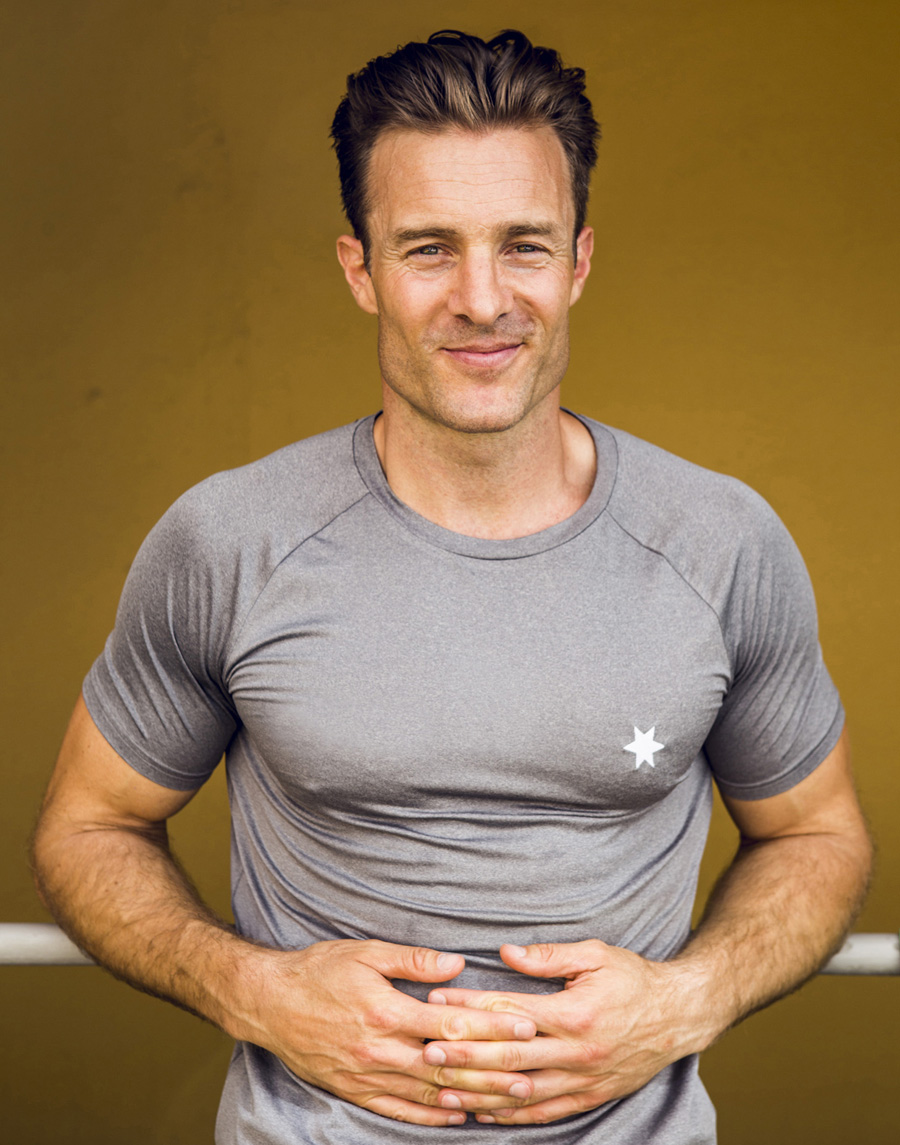
I ‘m super passionate about exercise and working with something you’re passionate about – with people who share the same passion – is an absolute gift.
My mission in life, regarding my work, is to help as many people as possible to live healthier, happier lives through exercise and proper nutrition. That’s meaningful to me.
The most positive thing to happen in the industry is its diversification, which has been the key driver for consumer engagement and industry growth. Never have we seen so many different types of exercise offered in so many different types of studio/club settings – as well as online – with a range of prices that allows close to anybody to participate.
I’ve preached this for years, but I still believe the biggest untapped growth potential lies in combining the best of the digital and physical worlds. A brick and mortar model, combined with smart and relevant digital extensions can greatly enhance end-user engagement and thereby success rate.
There’s still much to be done in regards to individualising the customer experience so it creates sufficient trust, support and motivation from the moment they start interacting and onwards.
We have to crack that code to move onwards and upwards.
I’m excited about continued growth for the sector, for the mere reason that the better we become, the more people we’re able to help and the healthier and happier we’re making the world.
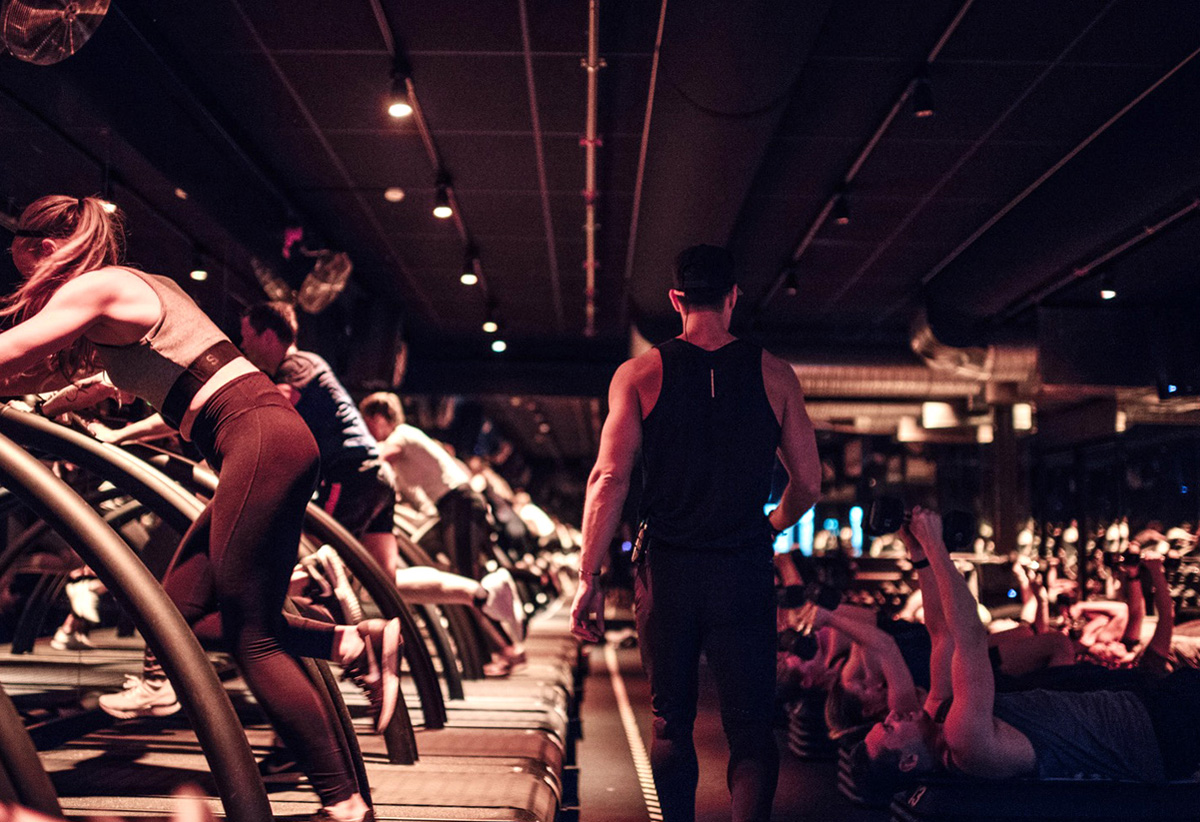
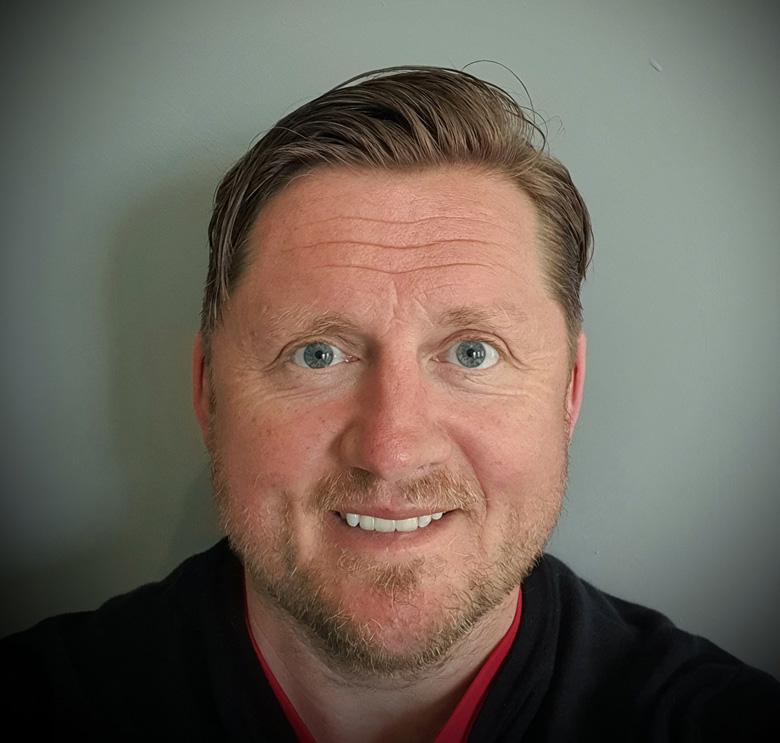
An important turning point for the sector was when people began to realise that exercise is medicine. It moved the discussion from a ‘nice to have’ to a ‘must have’ offering in society.
There is no doubt that the industry should move into the realm of preventative medicine. Pre- and post-operative care is imperative and governments should be rewarding and backing the sectors which get people moving.
The pandemic has shown that our health has been at the core of our survival. Hopefully studies will continue to support our sector’s contribution to this and governments will take note.
We’re fortunate our sector is about helping people feel good about themselves irrespective of their ability, religion, gender or political opinions.
It’s a noble industry that’s about helping people to be more physically active and is changing the course and the mood of the world.
I also love the fact this sector is full of energy and people who make working in it enjoyable.
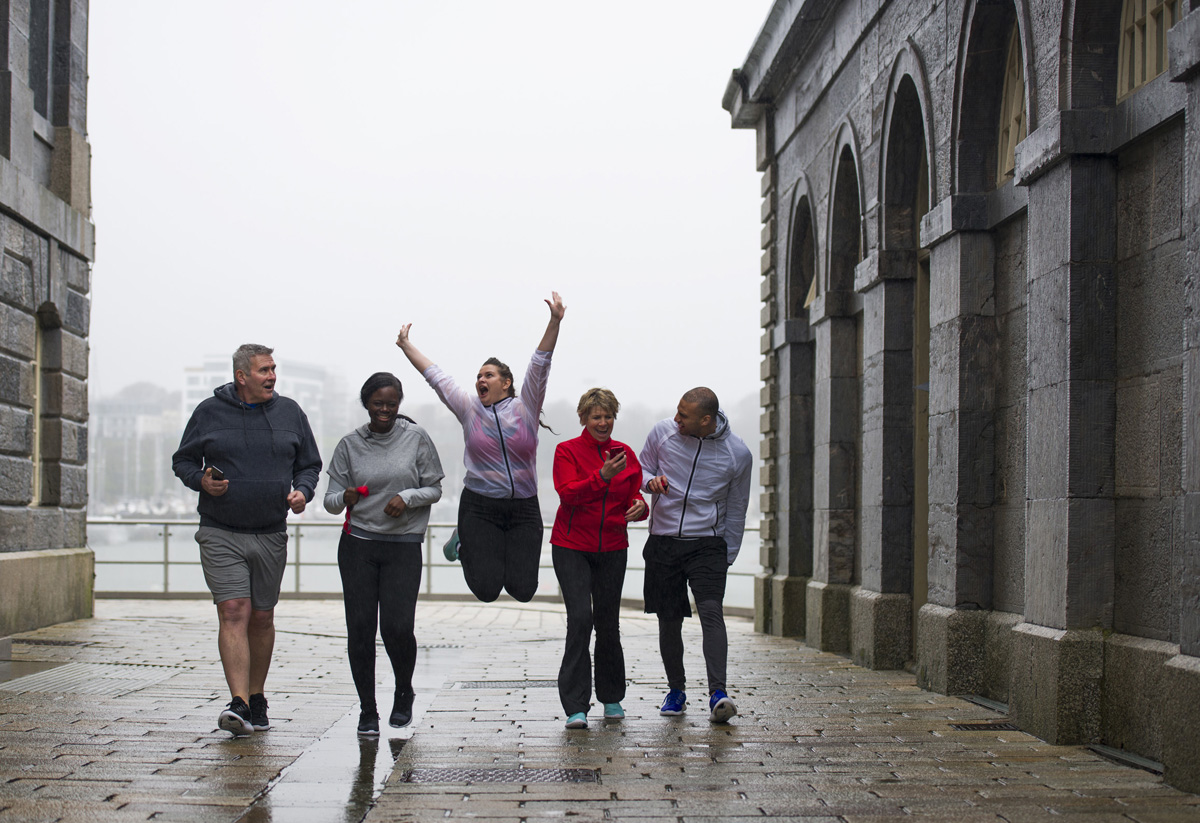
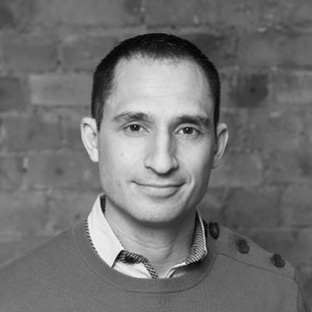
I came from a sports and athletic background, studying sports science, psychology and coaching. Like many, I started my career as a trainer, but then fell in love with the health club business, working in premium high volume clubs in London. I love the performance elements of working as a team, towards the overall cause of improving the quality of people’s lives through fitness and exercise.
The rise of the boutique studio and functional training offering really highlighted the improvements we needed to make as a whole in group fitness, exercise programming and the general fitness experience. This forced everyone to raise the bar, resulting in some phenomenal businesses and solutions.
We’ll start to see the industry breaking beyond the four walls of clubs. This will involve complete integration of training in club, linked to your wearable, doing a digital class when at home or away, and going on an exercise-related experience for a staycation or vacation.
Generation Z, and beyond, will rotate their lives around a totally holistic wellness experience. We’ll also see it breaking further into the realms of e-sports, VR and the metaverse.
I’m most excited about breaking through COVID. Seeing it in the rear view mirror, with everyone enjoying the experiences life has to offer, but with fitness and wellness at the centre means that hopefully all parts of the industry will boom.
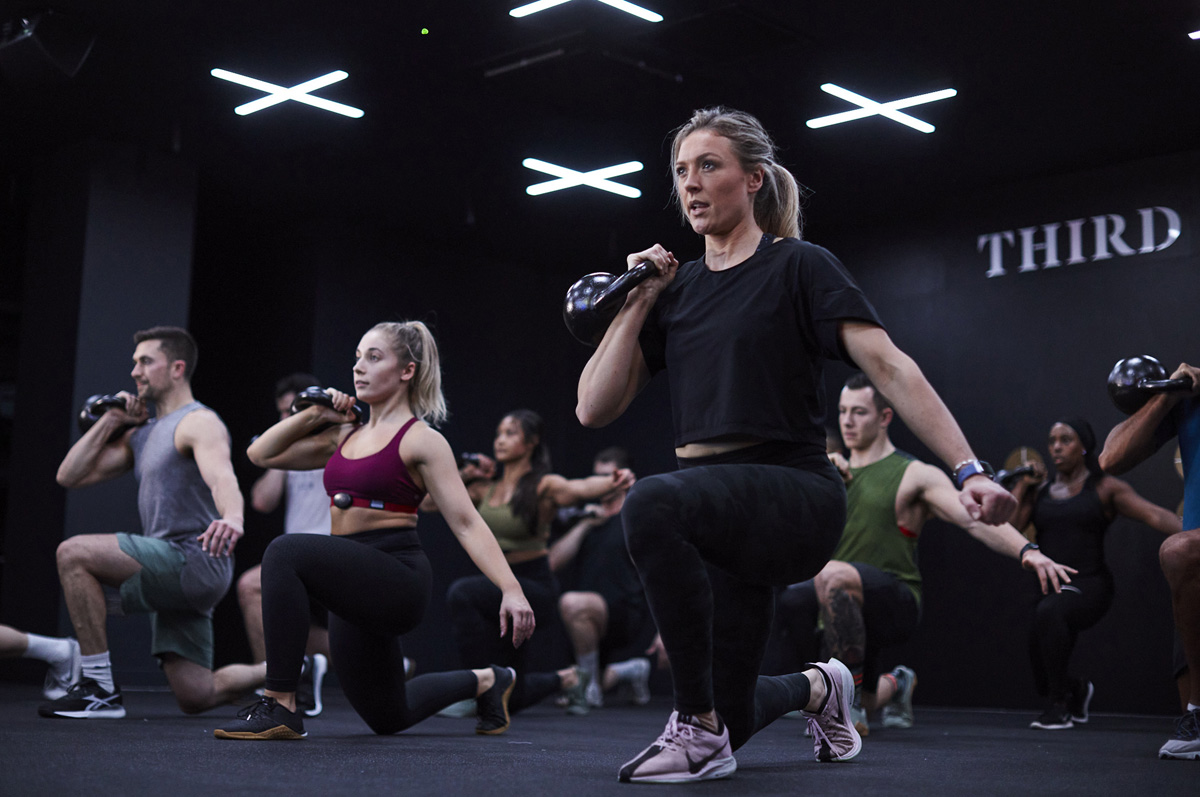
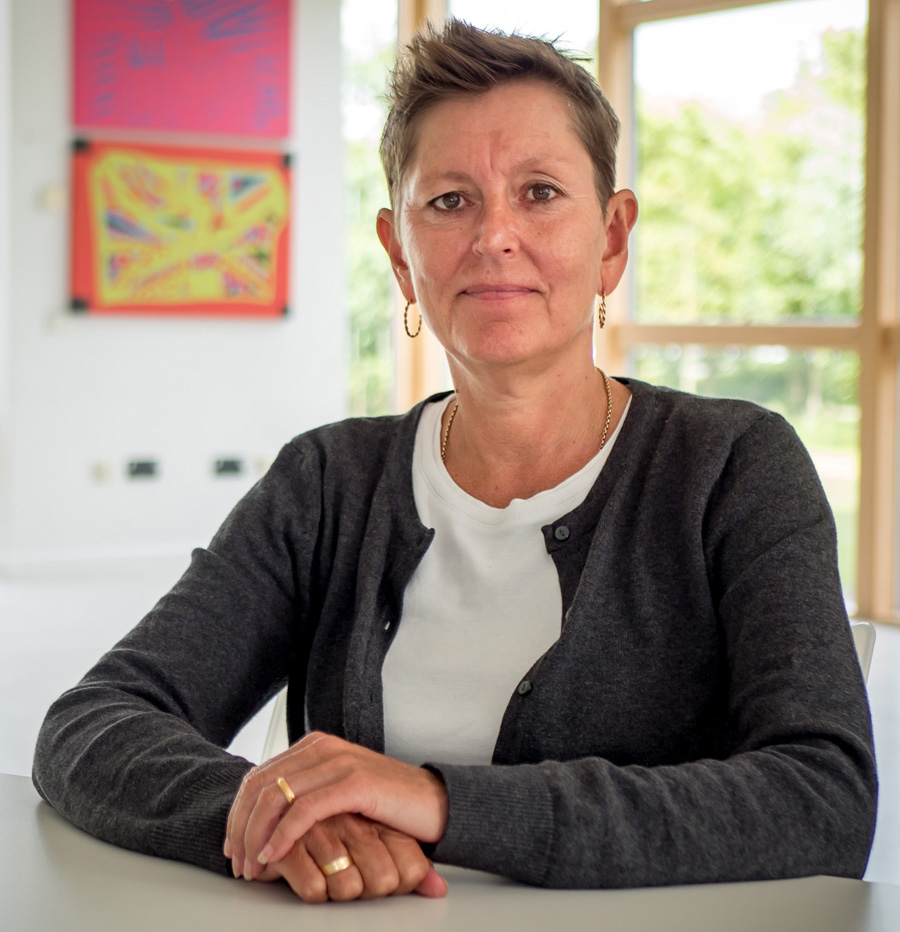
I had designs on studying medicine as a career when I started working part-time in the local leisure centre as a lifeguard and fitness instructor. I’d always been sporty and loved everything about the job – being able to help and teach people, while keeping fit myself and also earning some money!
One of the most positive things for the industry was the introduction of Compulsory Competitive Tendering in the 1980s. For the first time, this gave local authority leisure the ability to invest and create better facilities, which meant more and better choices for local people.
However, I think the model has flipped in the wrong direction over the years, and public leisure has become a bit too commercialised and lost some of its ability to serve all parts of the community.
The sector needs to really grasp its identity and purpose. We have a well-run and competitive commercial sector which serves some of the market, but public leisure needs to optimise its uniqueness and focus on the whole community. We need to take the benefits of what we offer out into communities and really engage with people who need it the most.
COVID-19 has presented enormous challenges to society and the sector could be a big part of the solution, almost an extension of the wider health service. If the political will exists to unlock this potential, we’ll be in a very strong position.
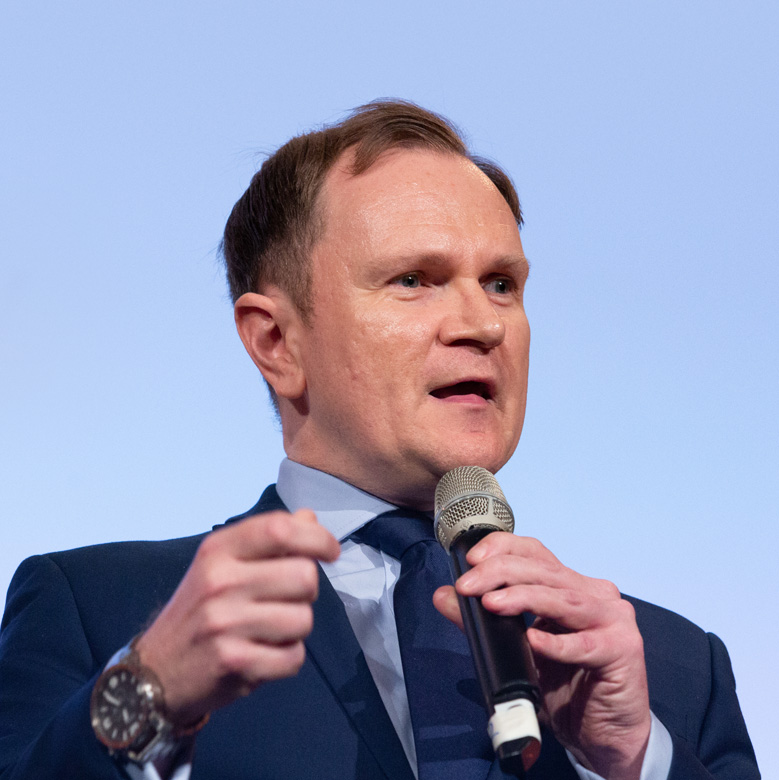
The fitness and leisure market is relatively young compared to other parts of the sport and physical activity sector, but the biggest change over the past decade has been the efforts to correctly define itself as a viable health solution that can transform the physical, mental, and social wellbeing of millions.
It’s a road that we’re very much still travelling on, but we’re making progress every day.
Next, we need to ensure the sector is fully inclusive for people in the communities it operates within, so a greater diversity of people see it as a solution that works for them. That includes the ongoing importance of raising standards, providing new programmes and services which accommodate all ages and backgrounds, and fully integrating with health services.
I’m really excited about the sector playing its fullest role in improving people’s health and wellbeing, and the path to that is clear.
Through our own commitment to growing and developing, and the shared partnership with government to help the sector, we have the opportunity to create real change.
I like working in a sector that can genuinely transform lives, and we support the agenda to help people everywhere be more active. I also like the agility, positivity, and attitude of the fitness and leisure sector when it comes to getting things done, as well as the fantastic team I lead here at UK Active.

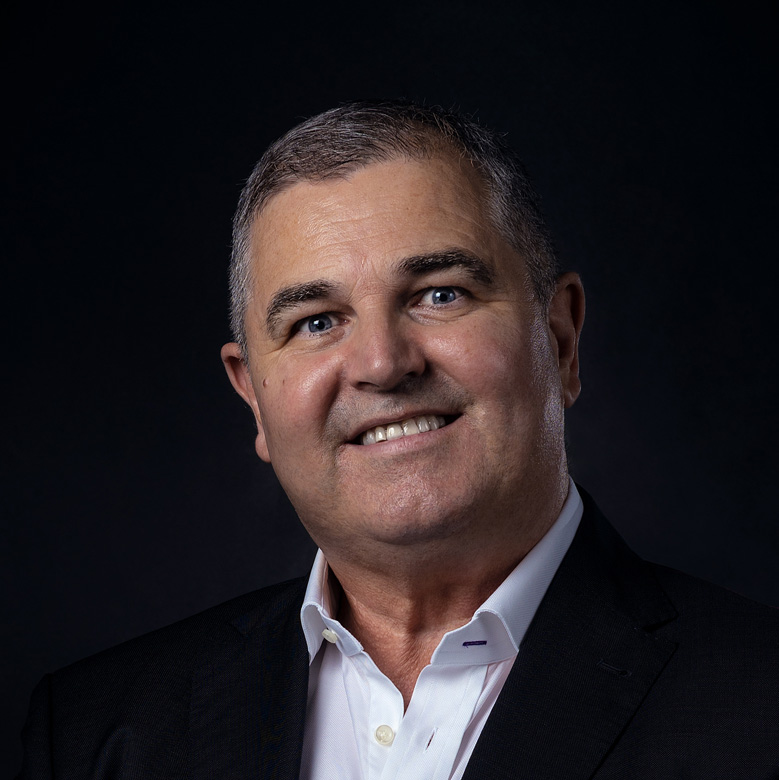
Honestly, I think social media is the most positive development for the industry. Facebook, Instagram and YouTube have influenced so many young people to view fitness and working out as a normal part of life.
In Ireland, for a century, pubs were a licence to print money. Today those pubs are closing and many have been turned into fitness clubs and gyms.
The days of intuitive management in the fitness industry are gone and we should continue to be increasingly professional. To compete in the fitness landscape, club owners need professional marketing, professional sales and professional management. Along with a deep obsession with customer service and member experiences.
I’m excited about the growth potential and if COVID-19 has confirmed one thing in my mind, it’s that bricks and mortar clubs have a very bright future, and virtual fitness is simply not going to replace them. I also love the diversity we’re seeing in fitness businesses.
It’s not all about big-box clubs. The growth in yoga clubs, pilates studios, strength and conditioning gyms, personal training studios is very healthy for our industry. In the next few years, I believe Europe will see the 20 per cent penetration rates you see in the US.
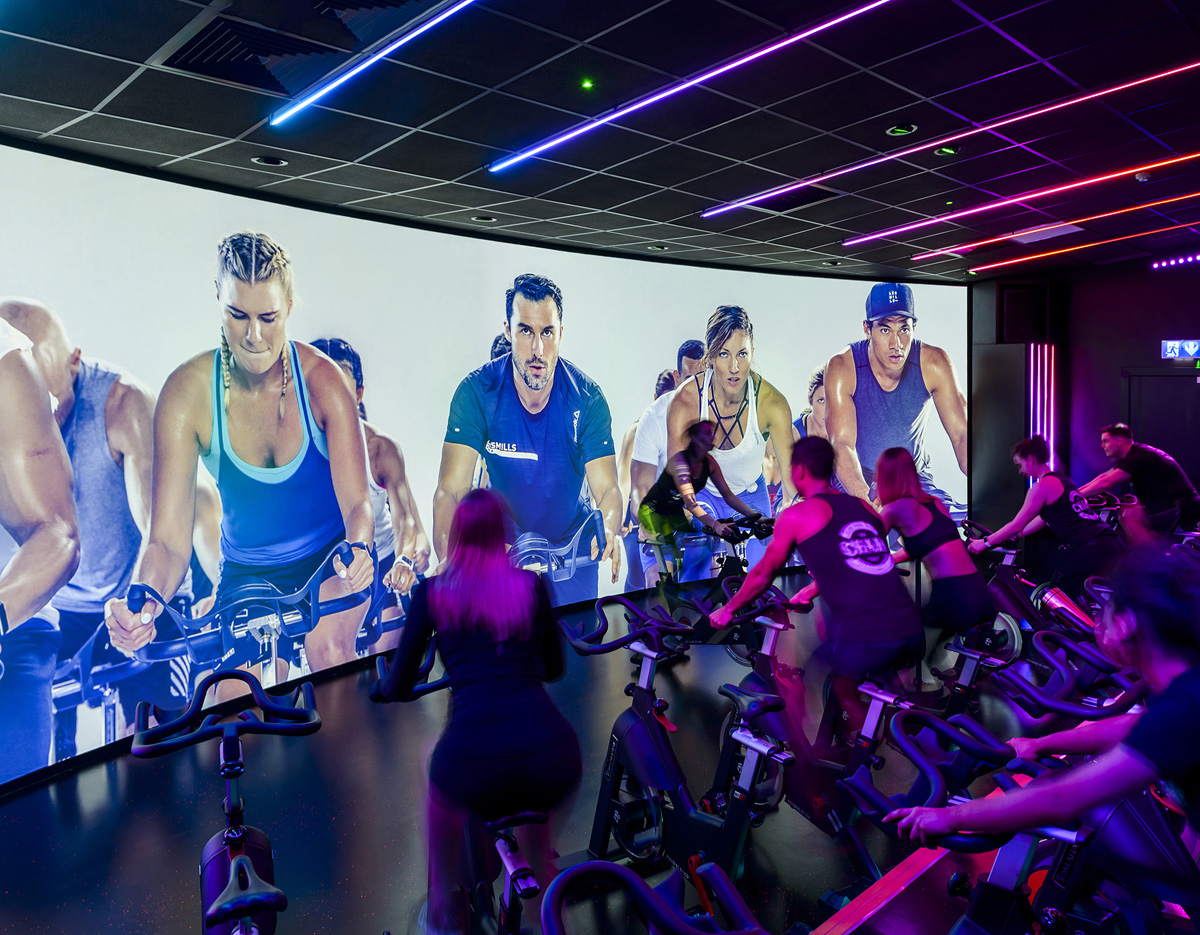

The involvement of the private sector in the delivery of local authority leisure services has had a major impact on the industry, bringing a real sense of opportunity and awareness. As a result, the industry has become more professional and dynamic and continues to go from strength to strength.
Now we need to focus on bringing these benefits to a much wider cross-section: those who have never previously attended leisure facilities, elderly people or those living an inactive lifestyle. There are also target groups affected by the pandemic that we could support to begin, or maintain, a healthier lifestyle.
There’s a lot to be excited about – one area is the advancements in technology, which will provide many great opportunities. After the past couple of years, there’s an increased link between our sector and the medical sector. With the technology now available, employees have the opportunity to monitor data and provide advice and support in person, or through digital platforms and apps.
What makes the sector great is the forward-thinking environment. It continues to evolve. Looking ahead and creating good work environments can lead to great opportunities, and continues to motivate me. I don’t think any other sector has so many people with the passion, commitment and sense of enjoyment that we see in health and fitness.
